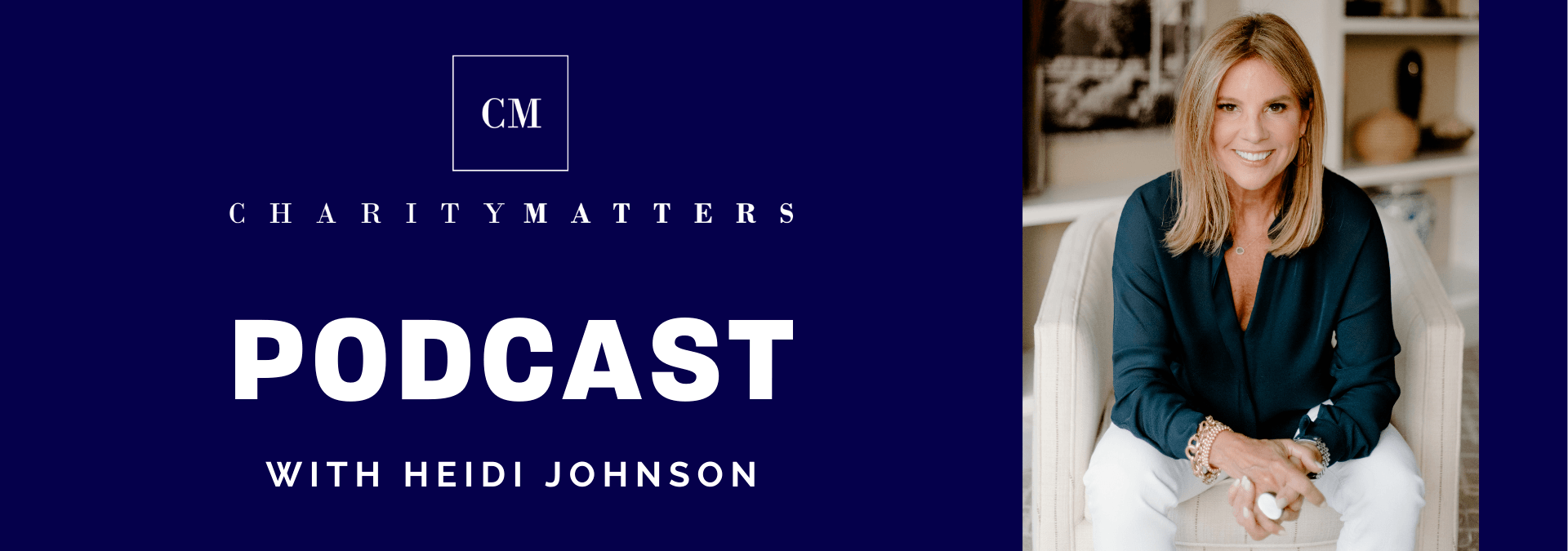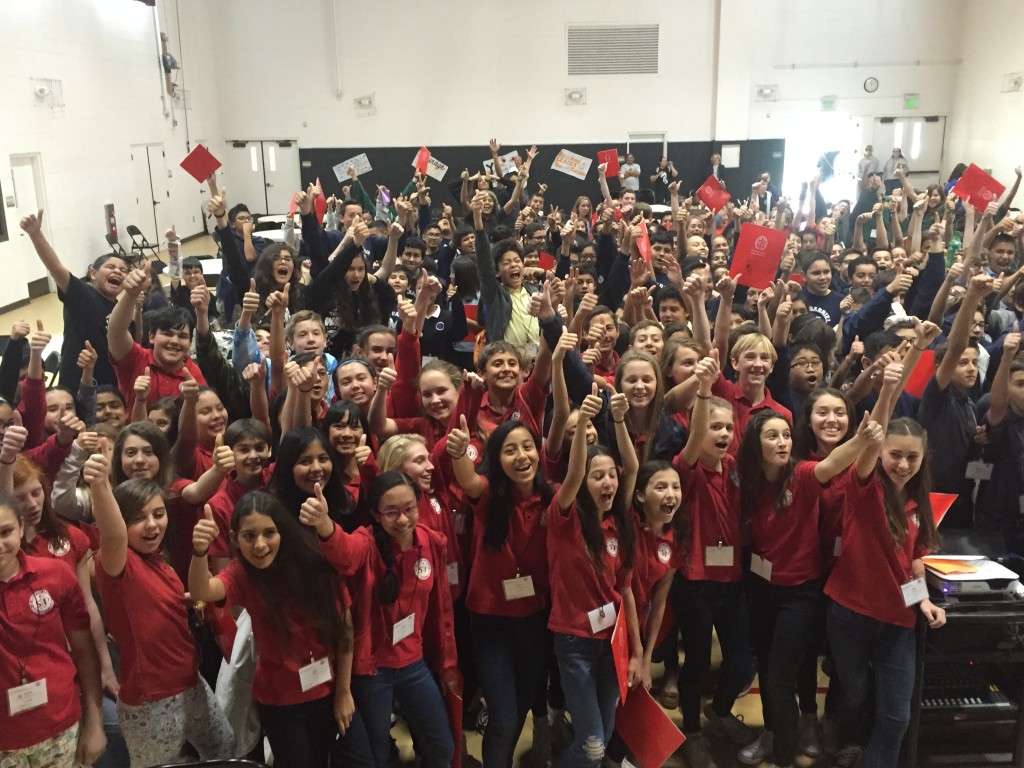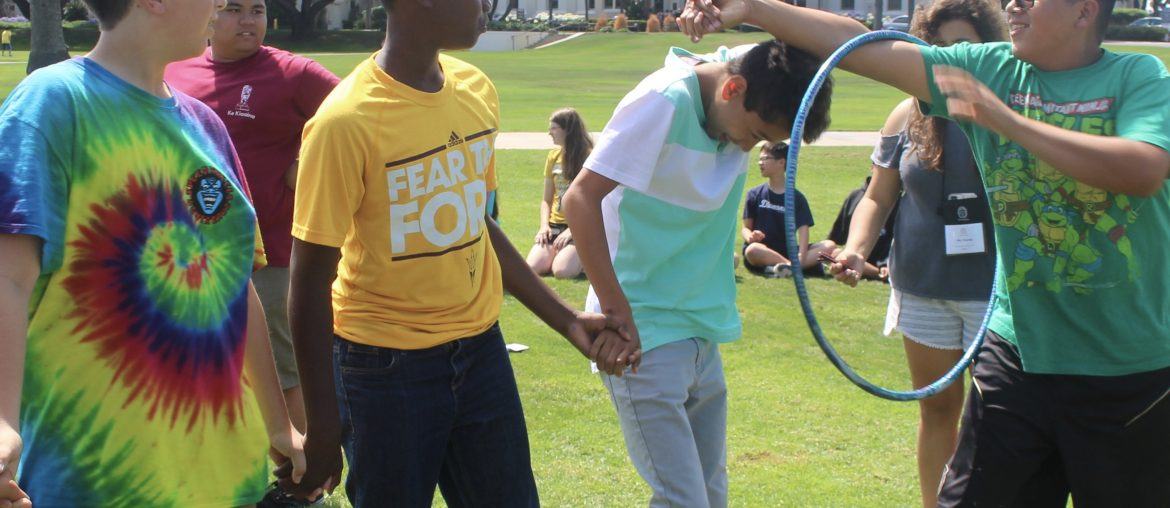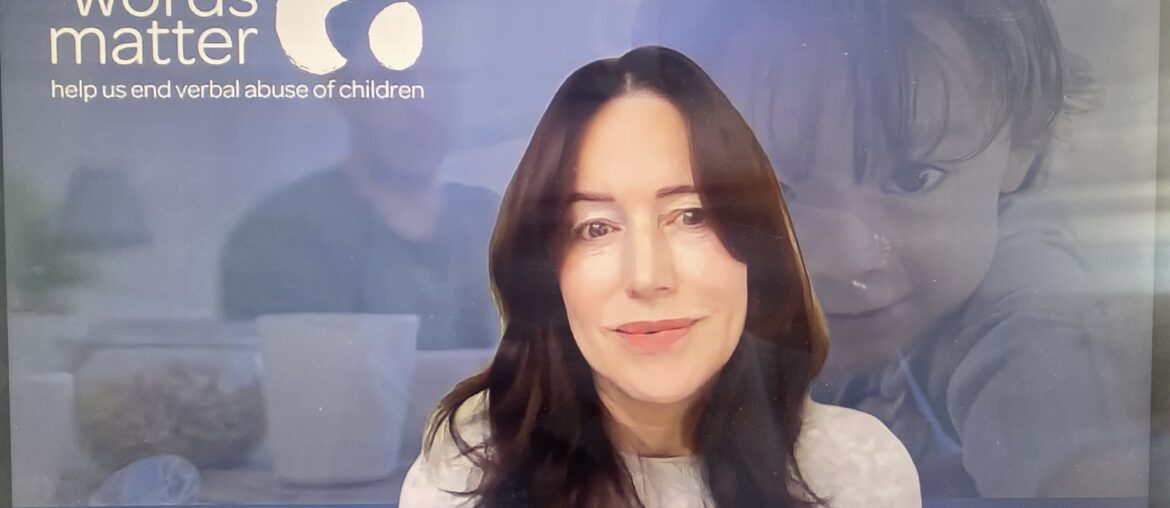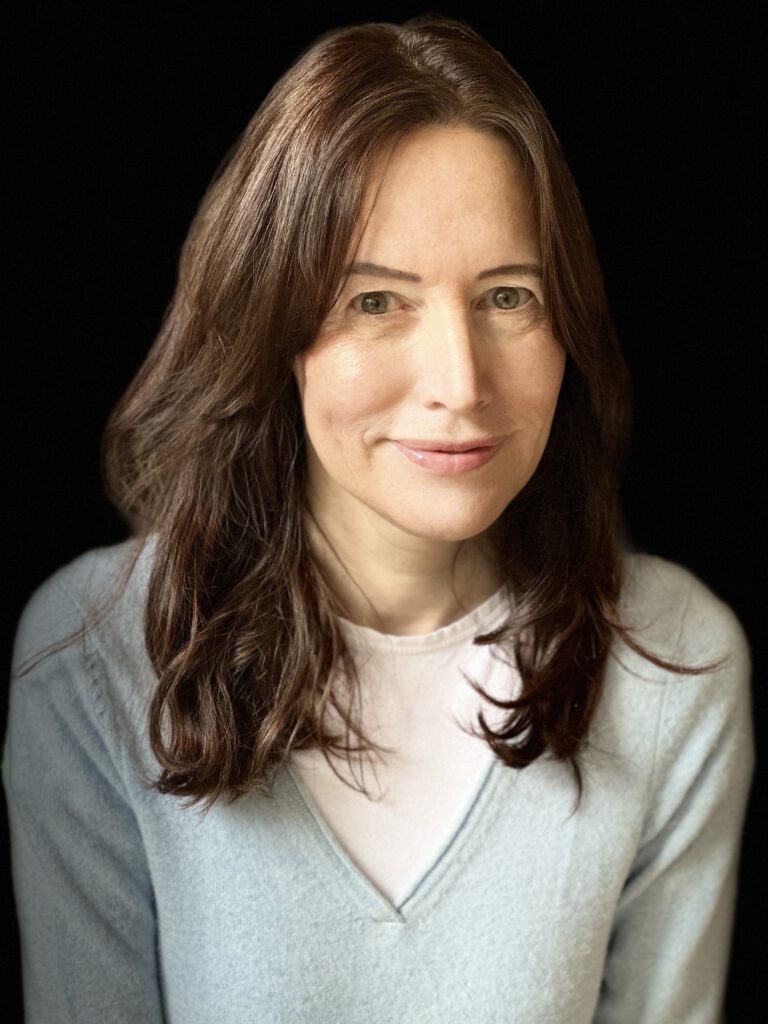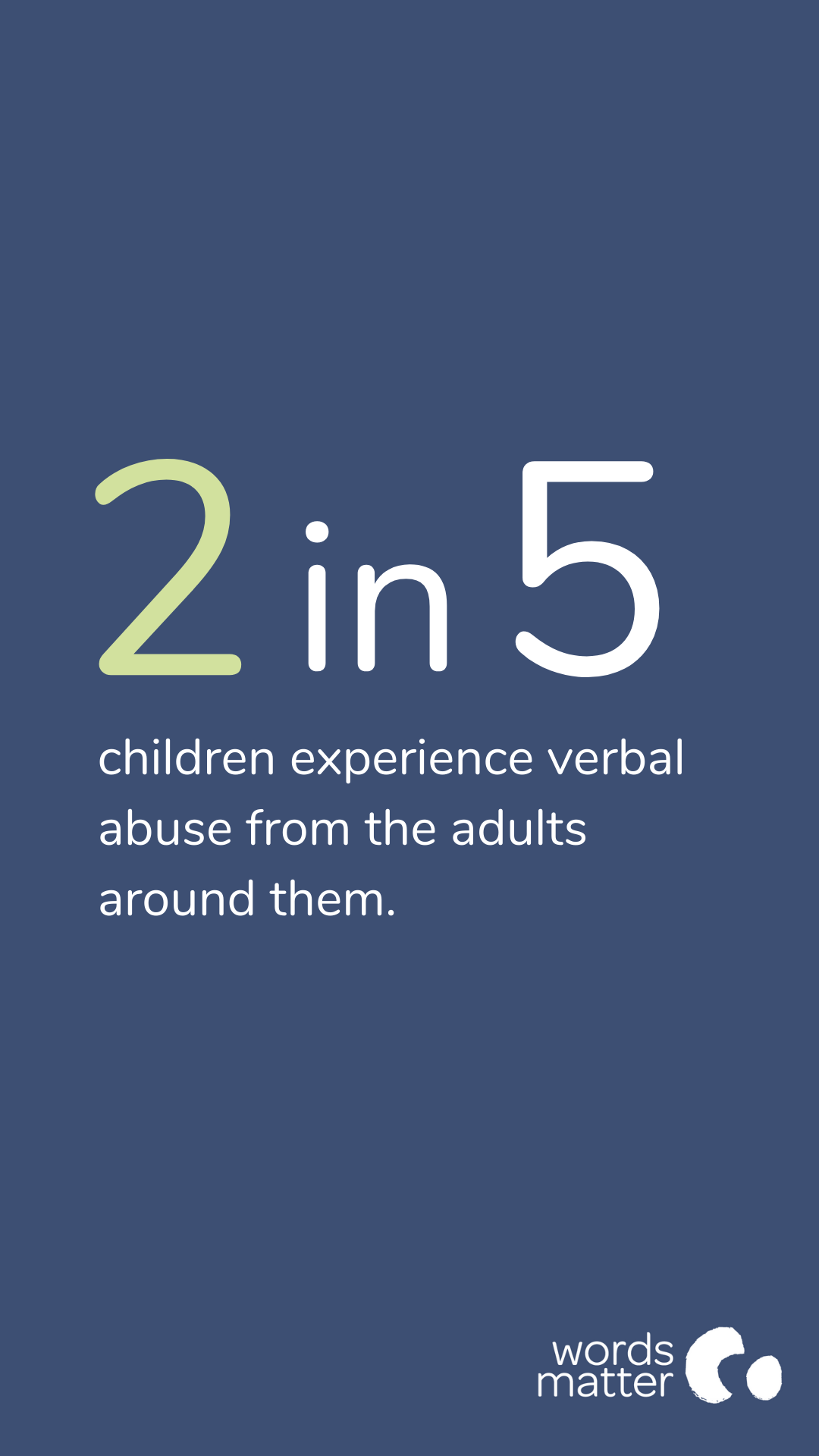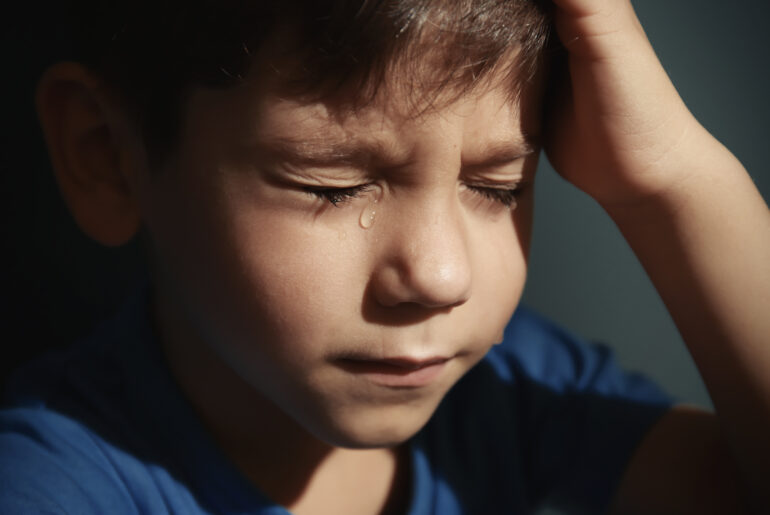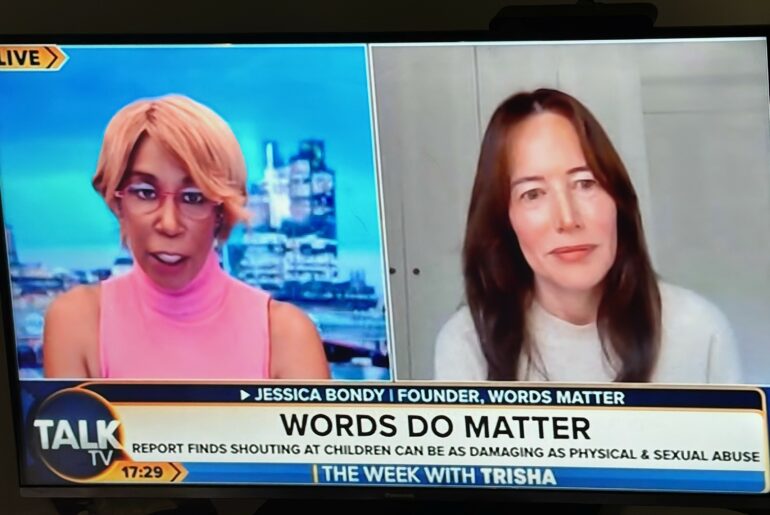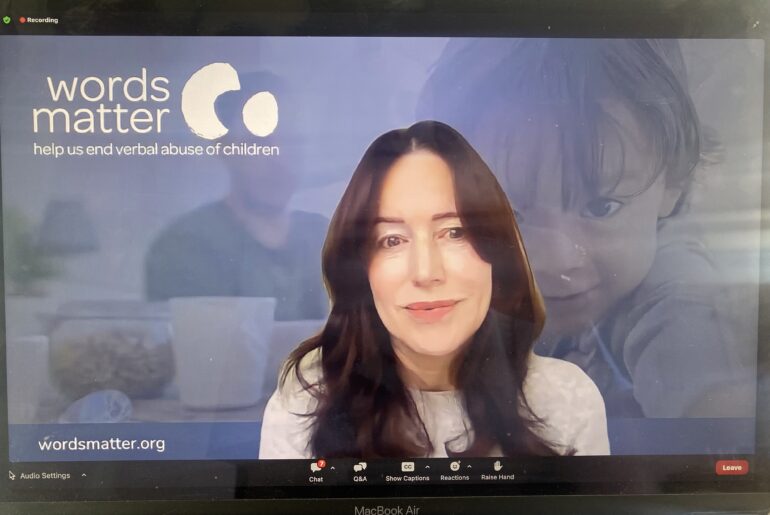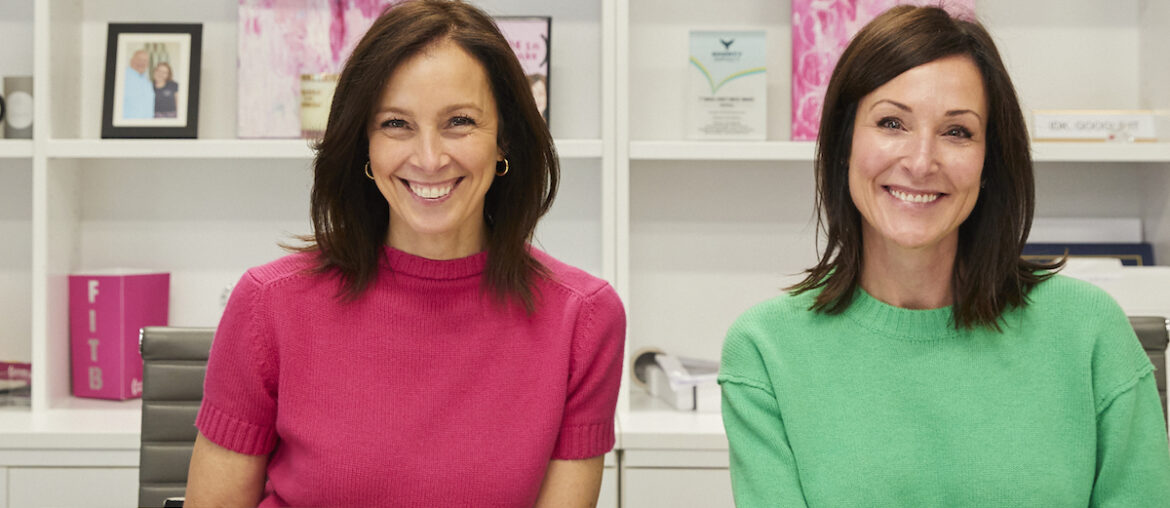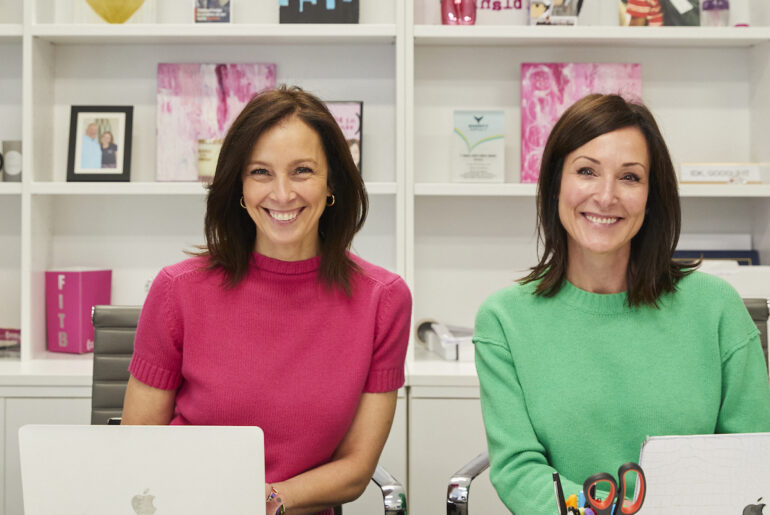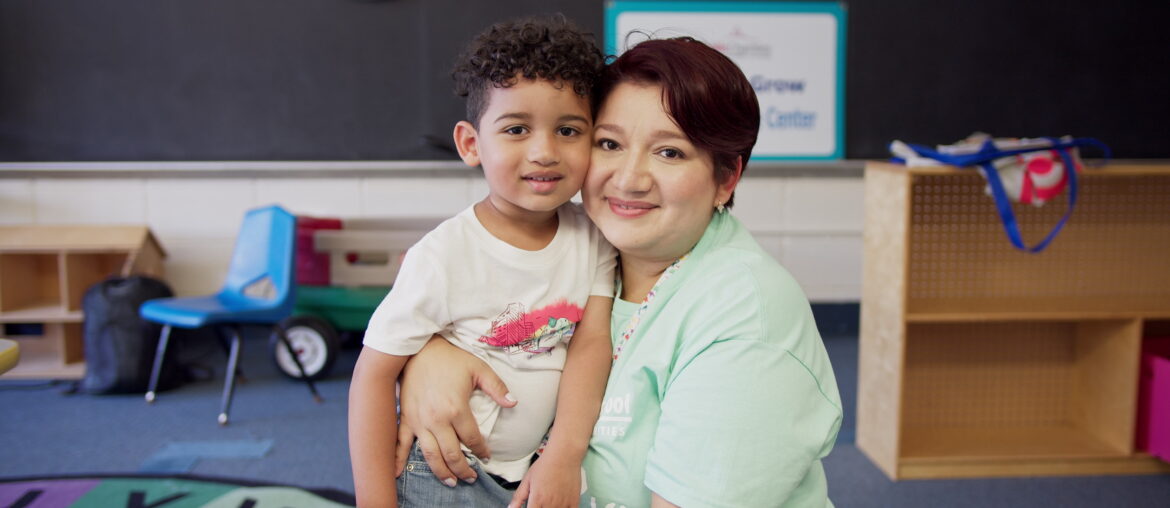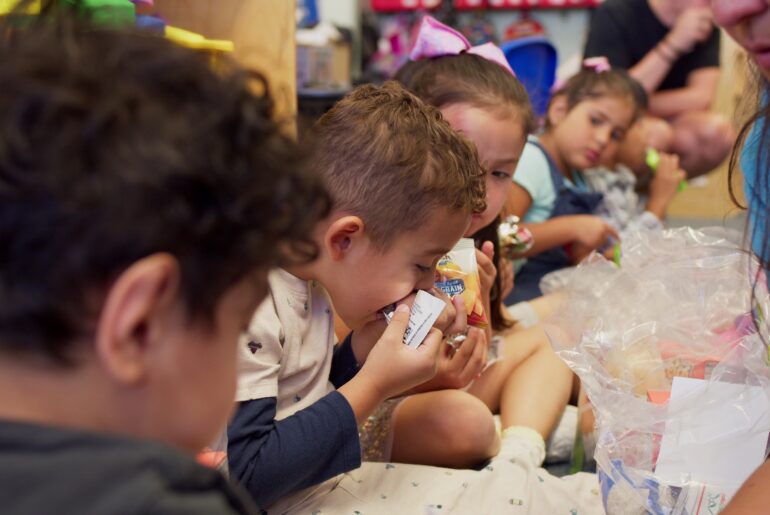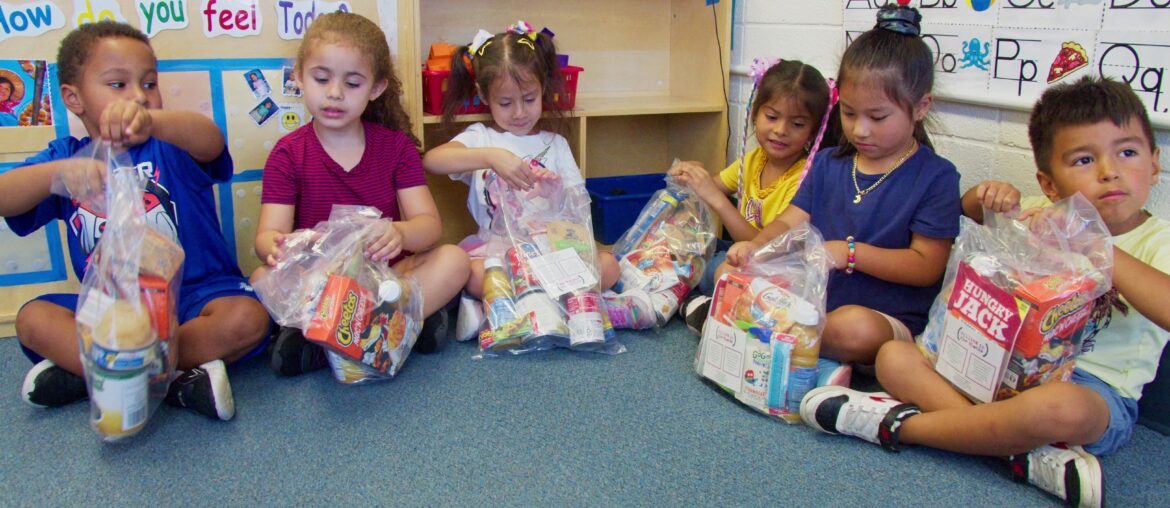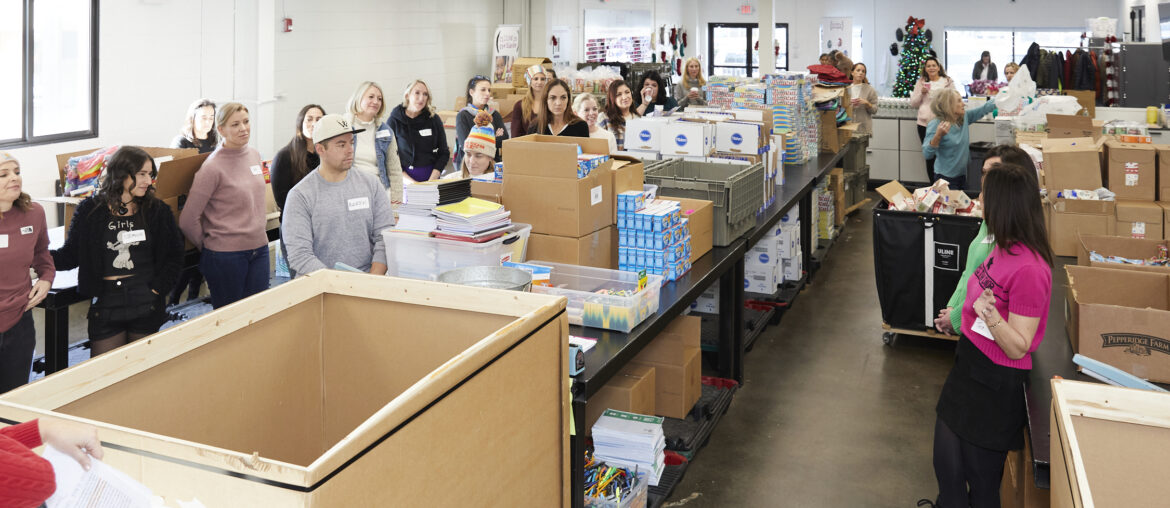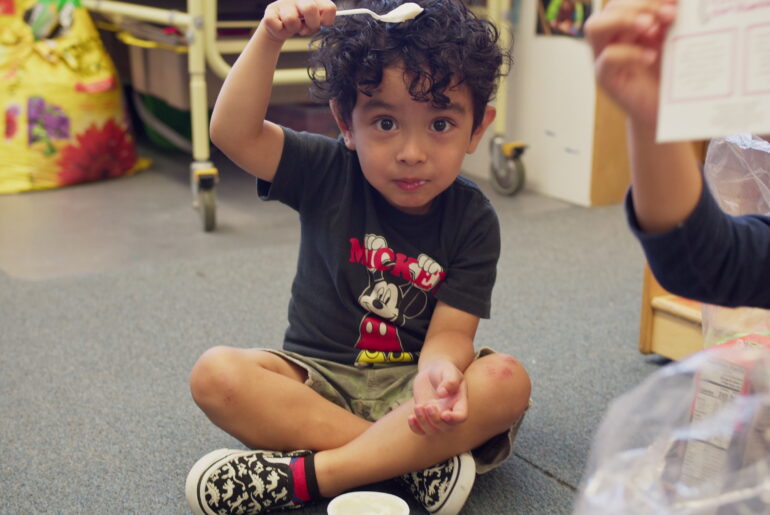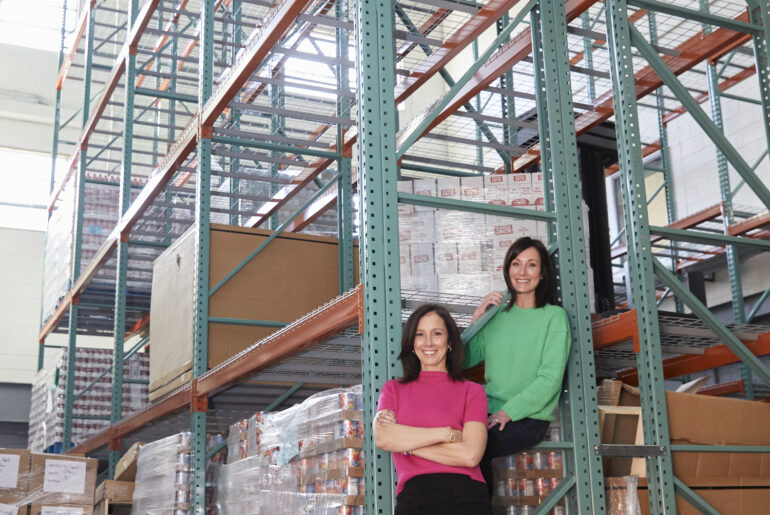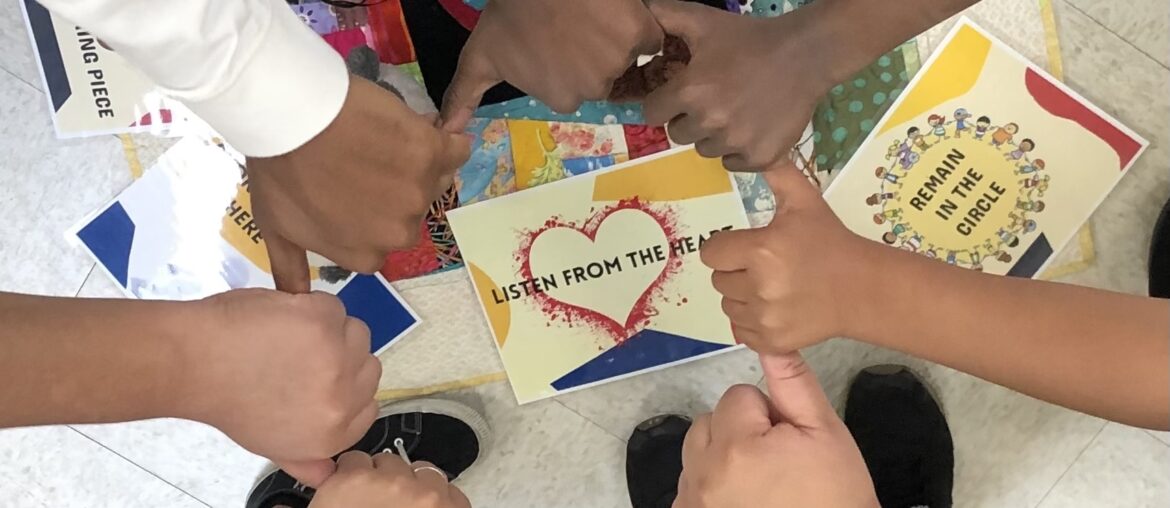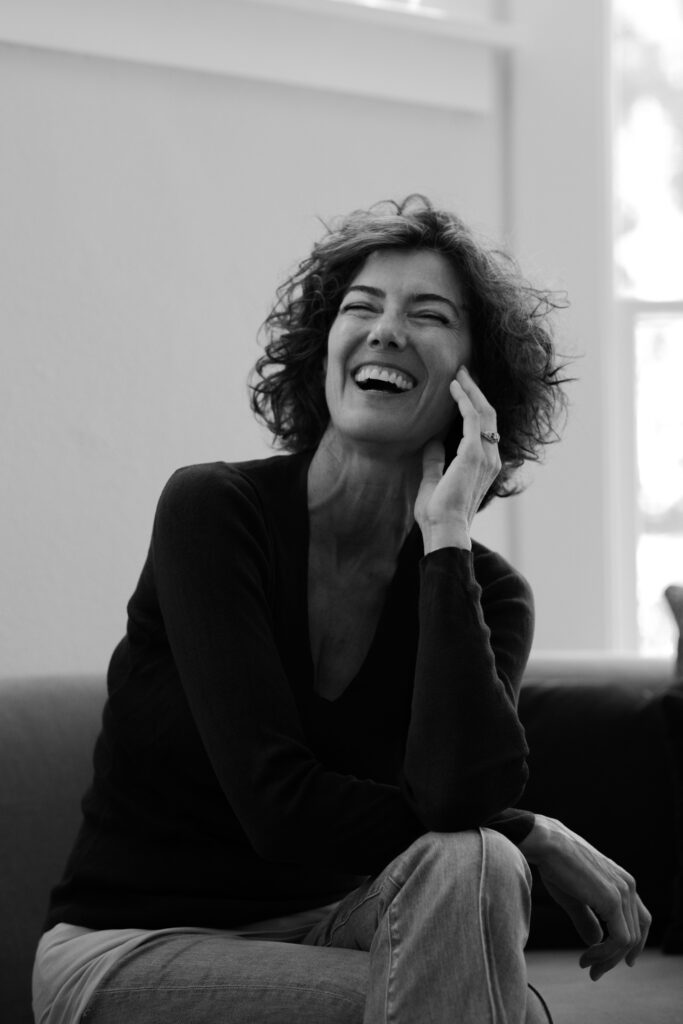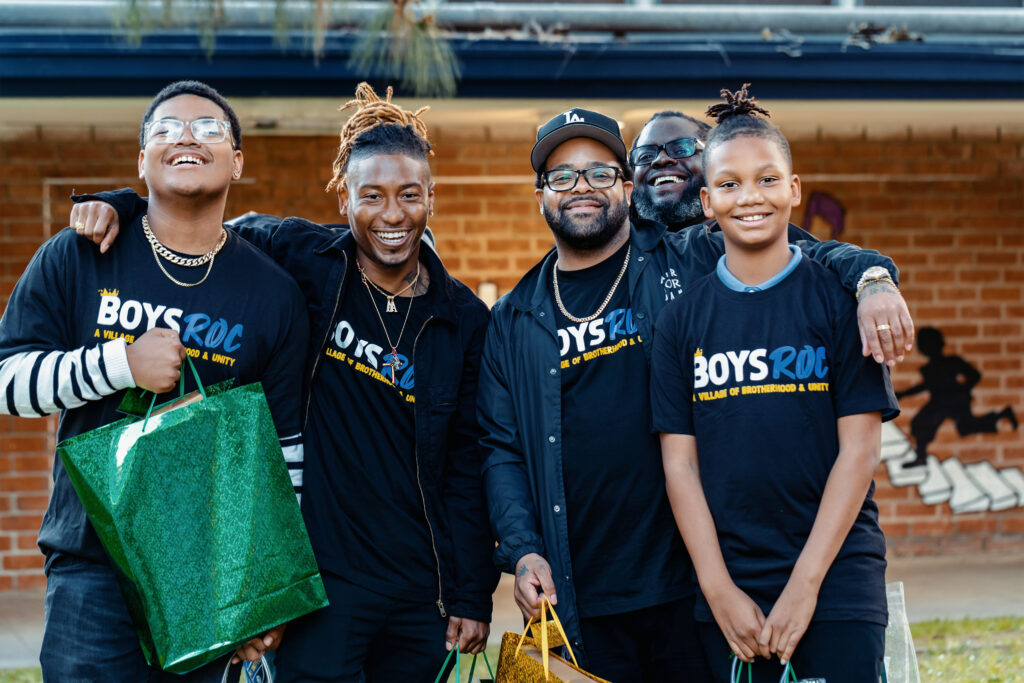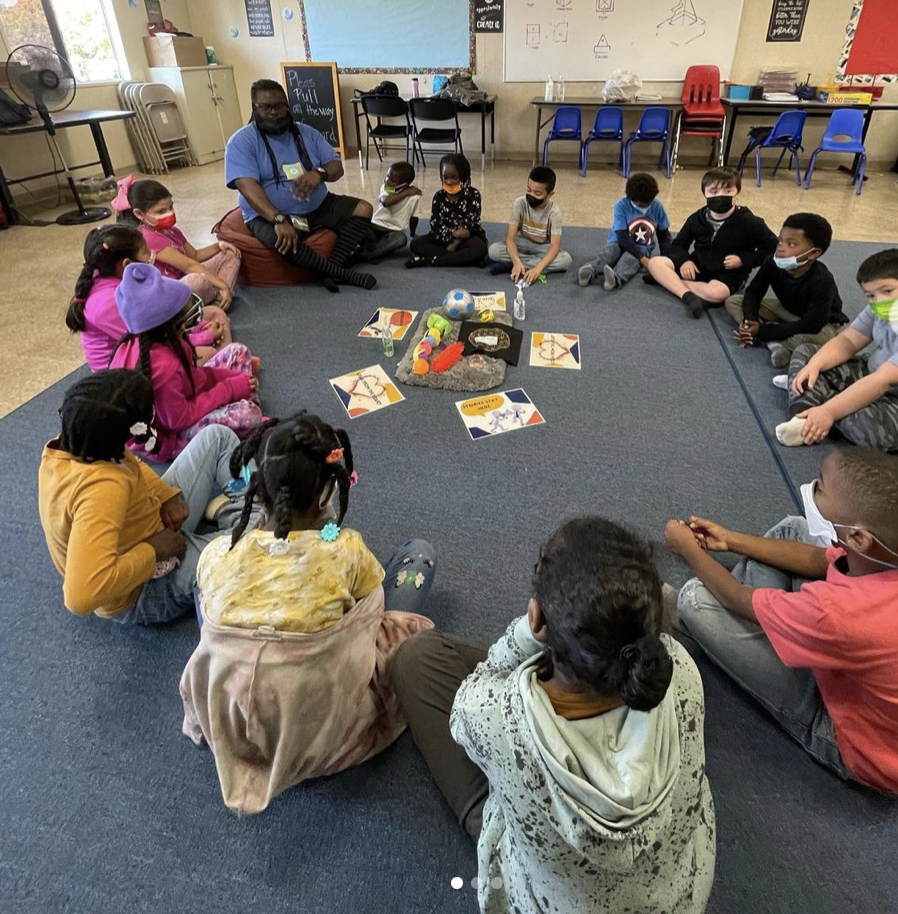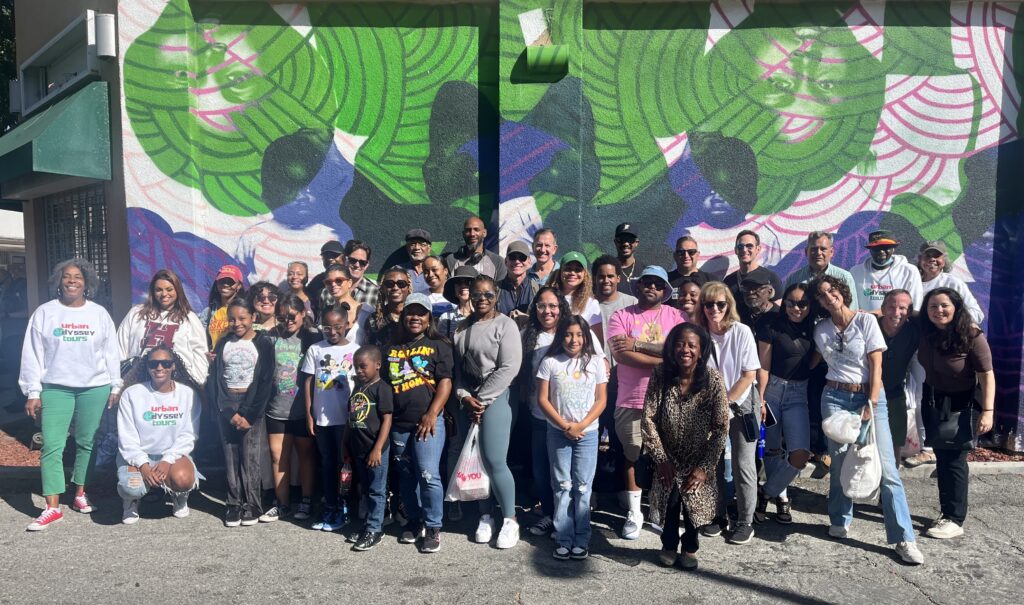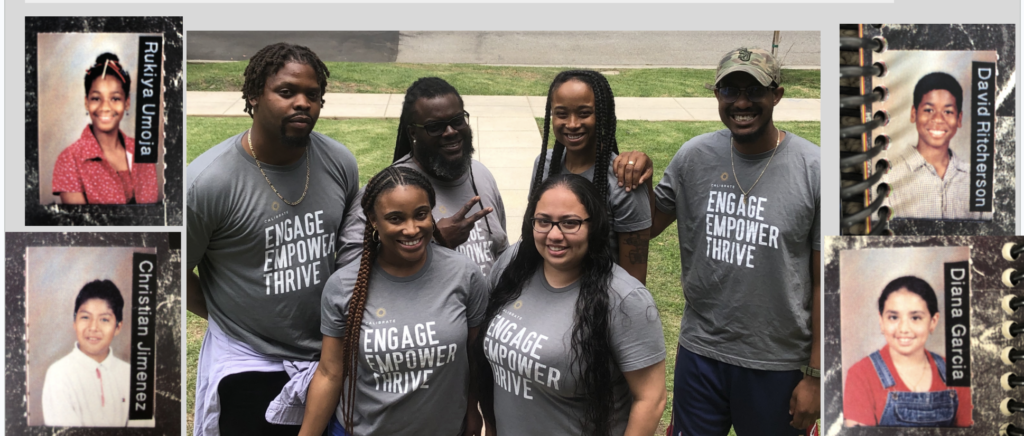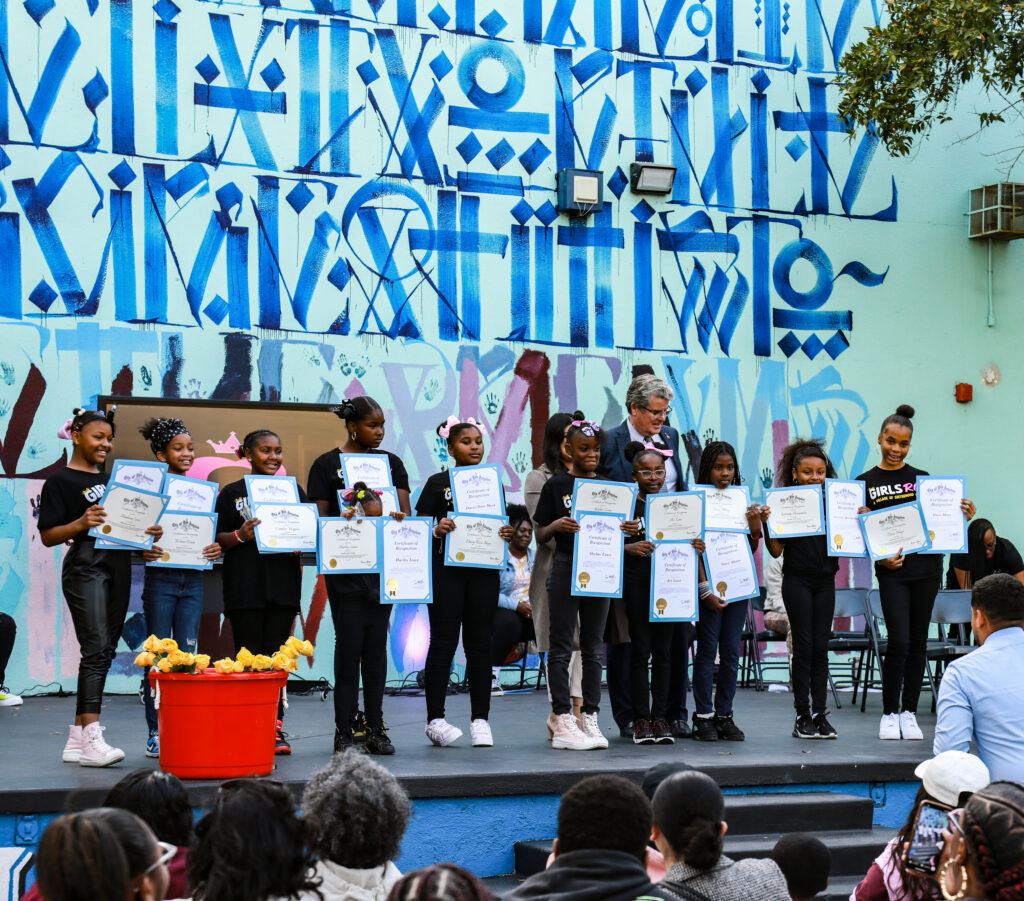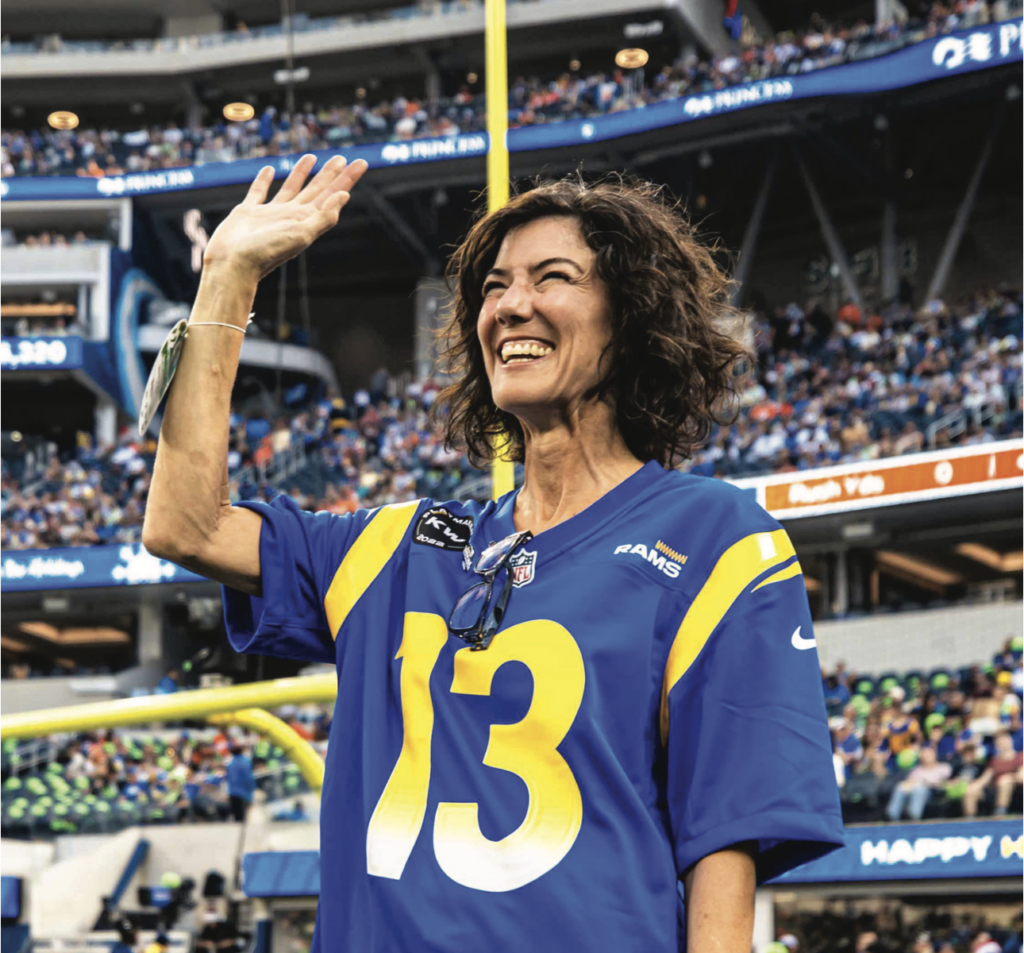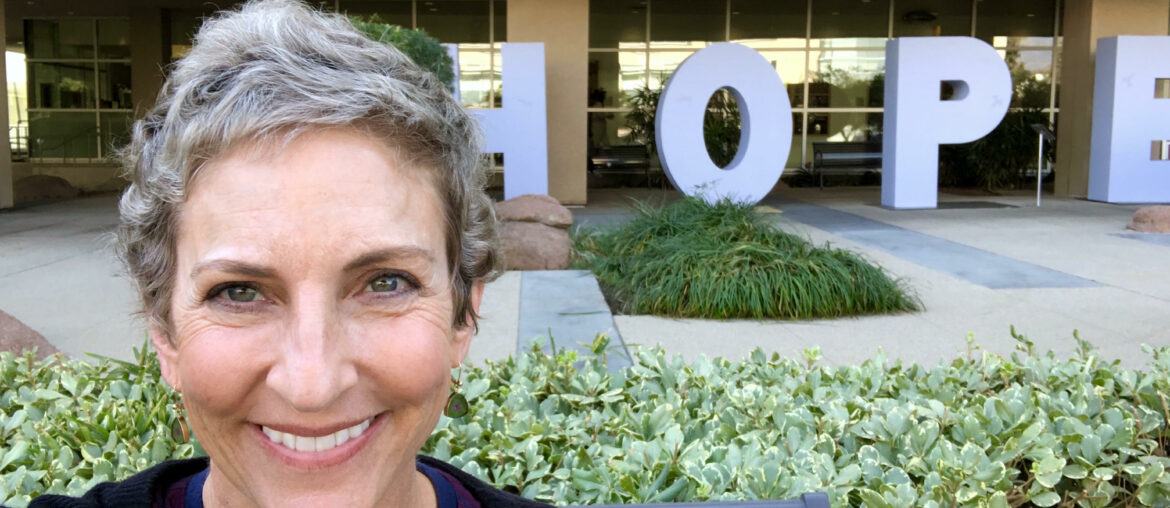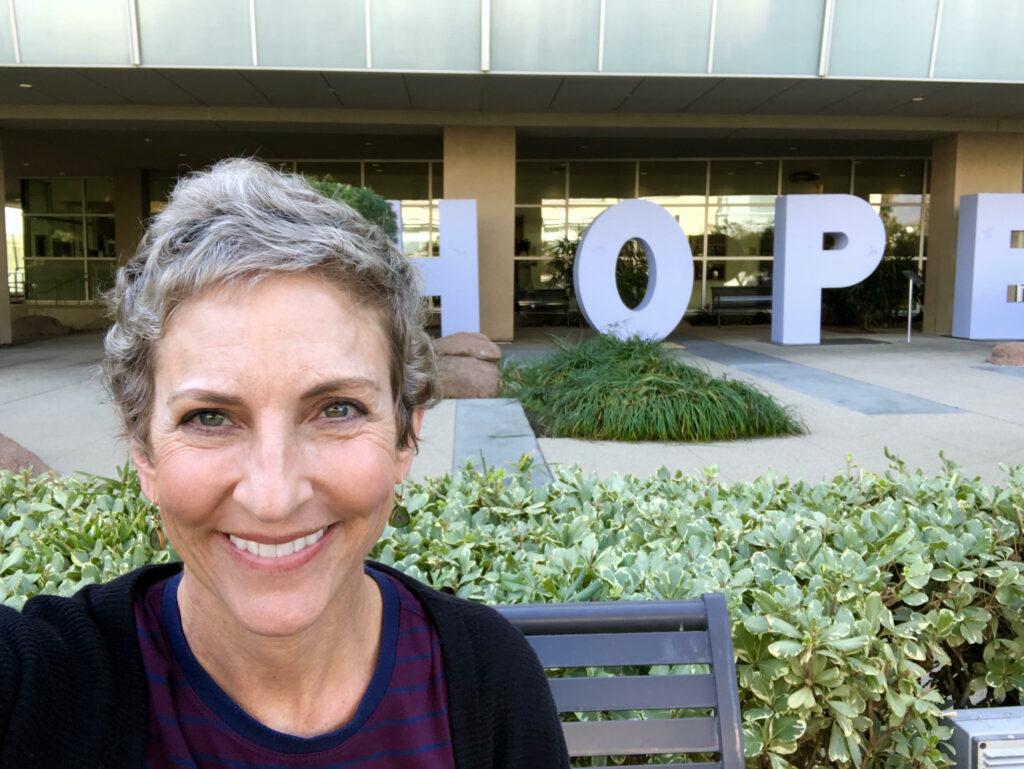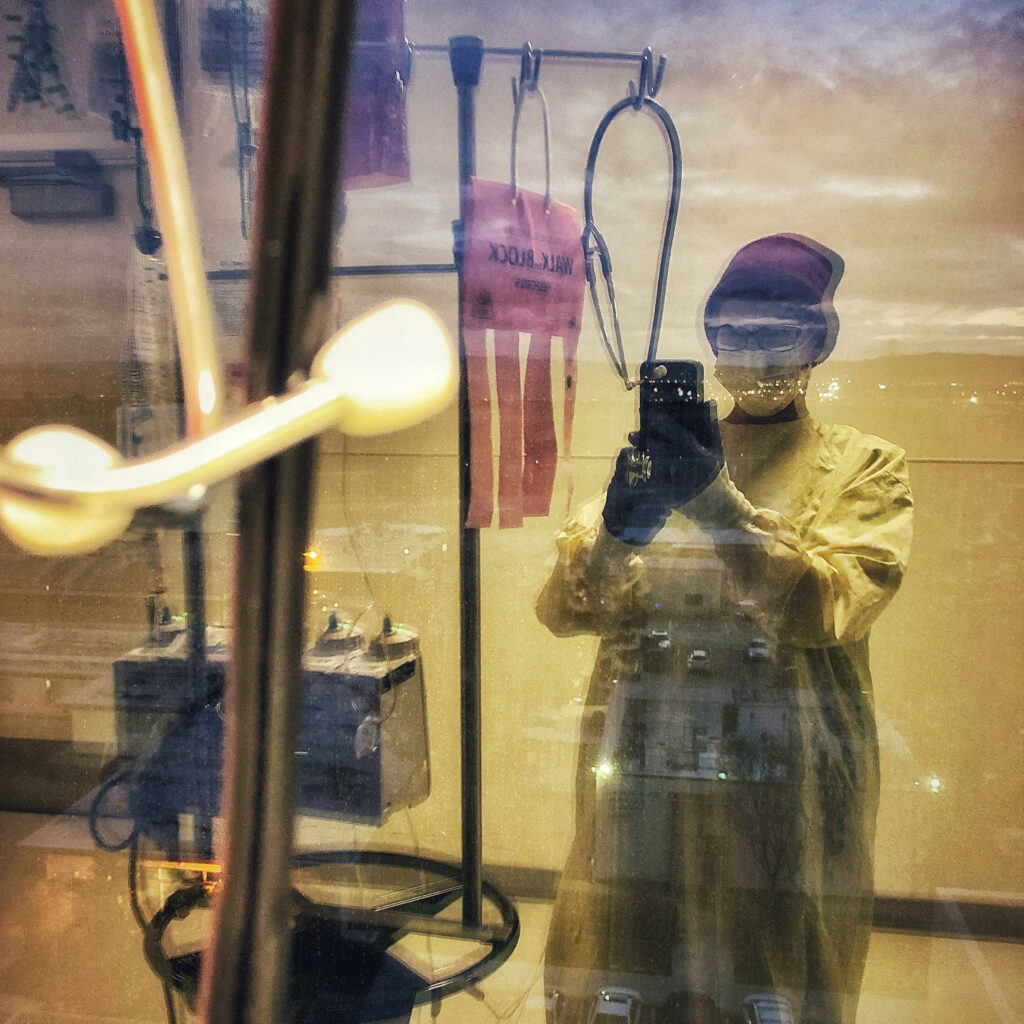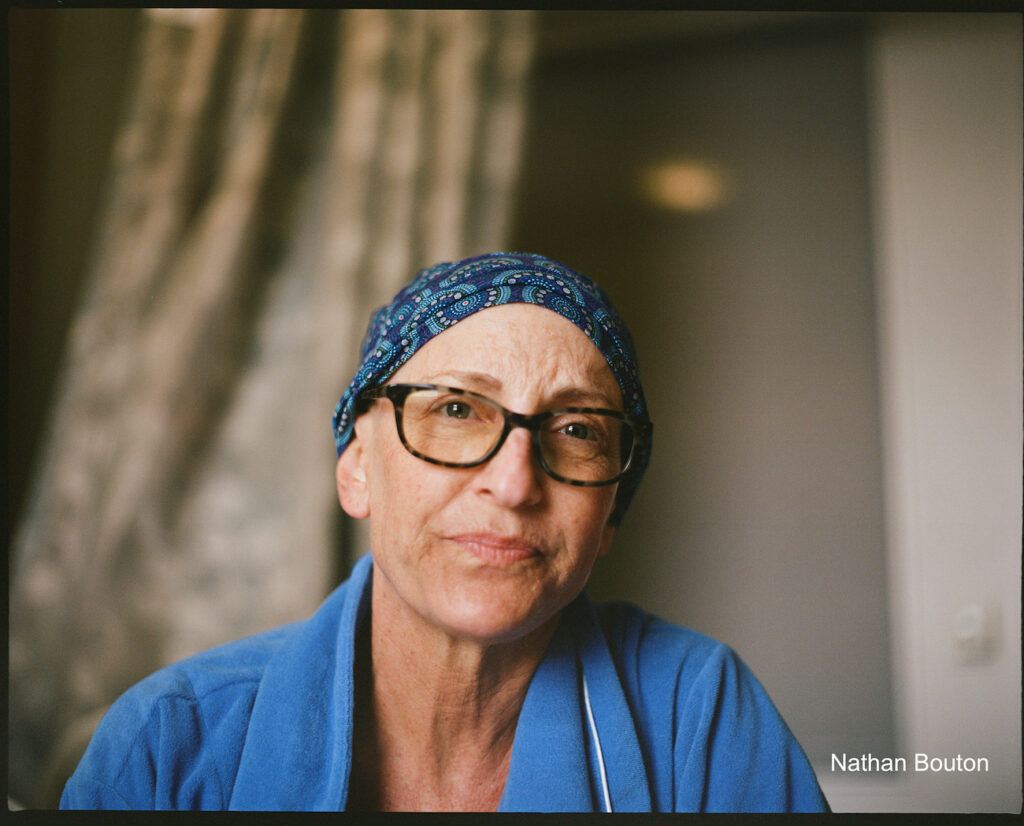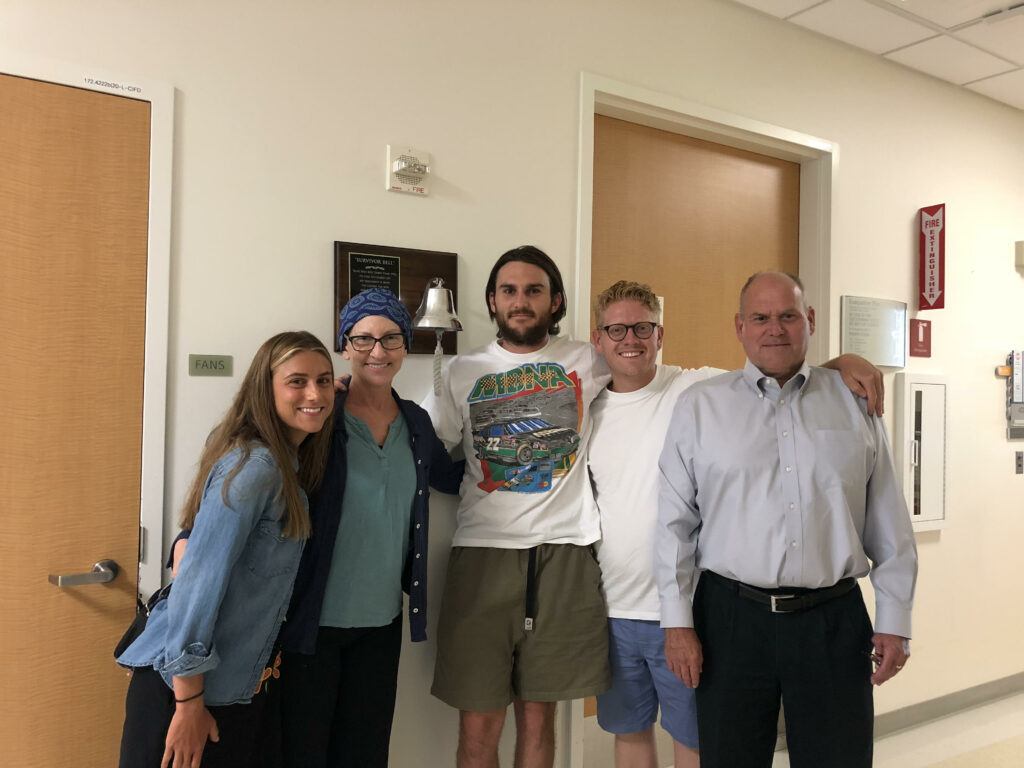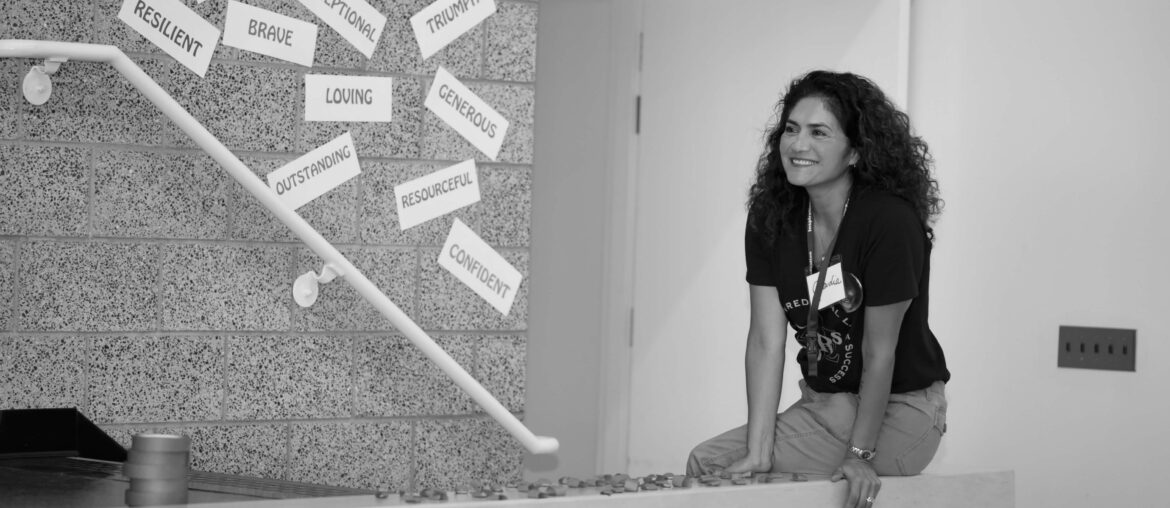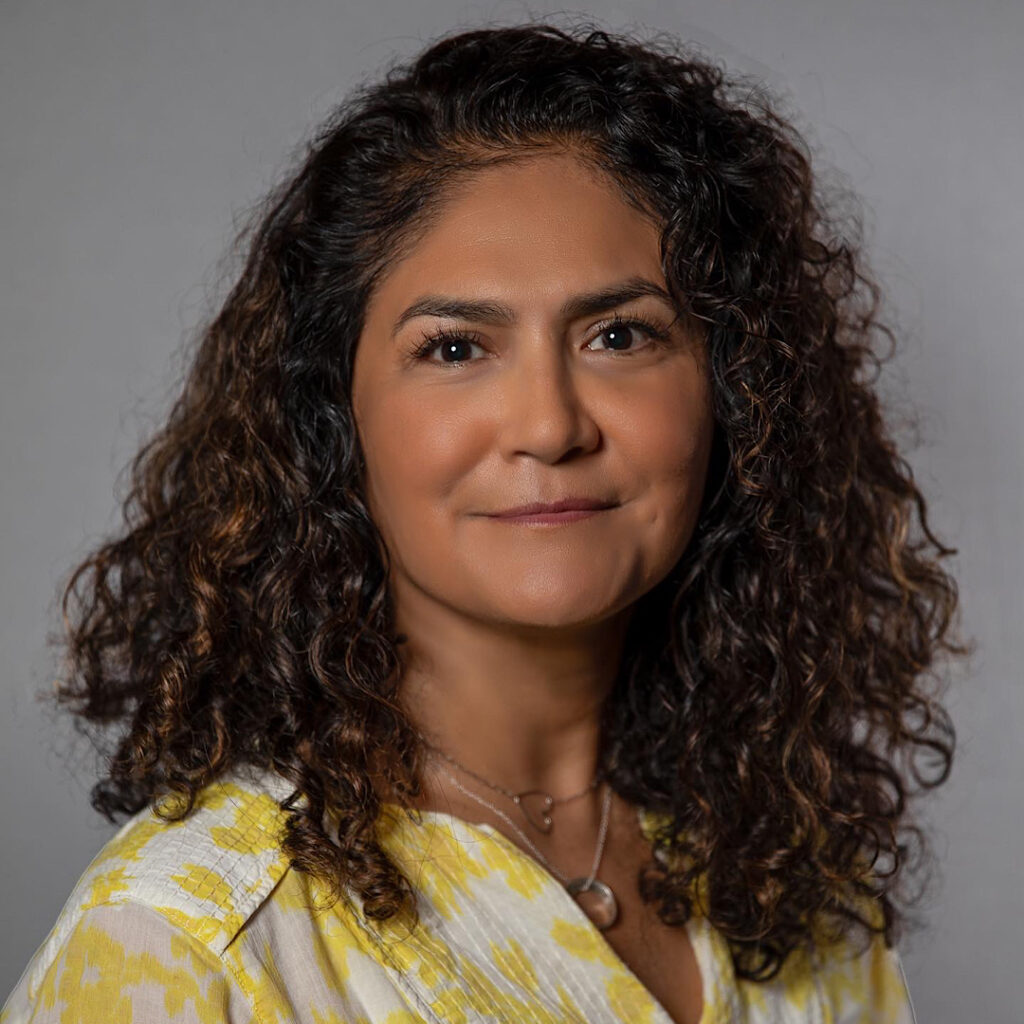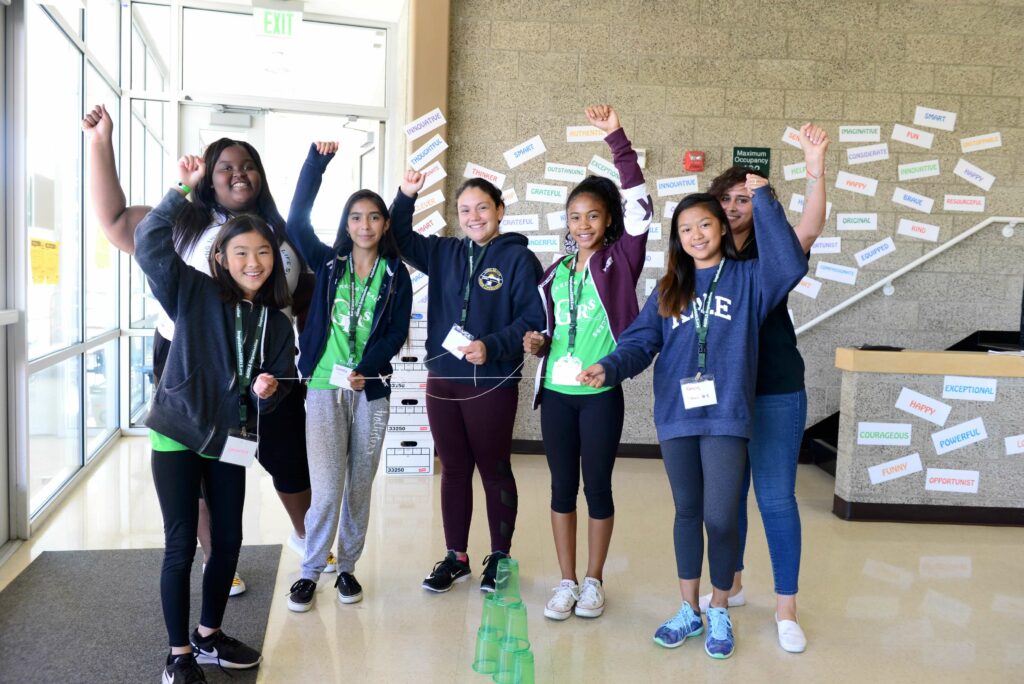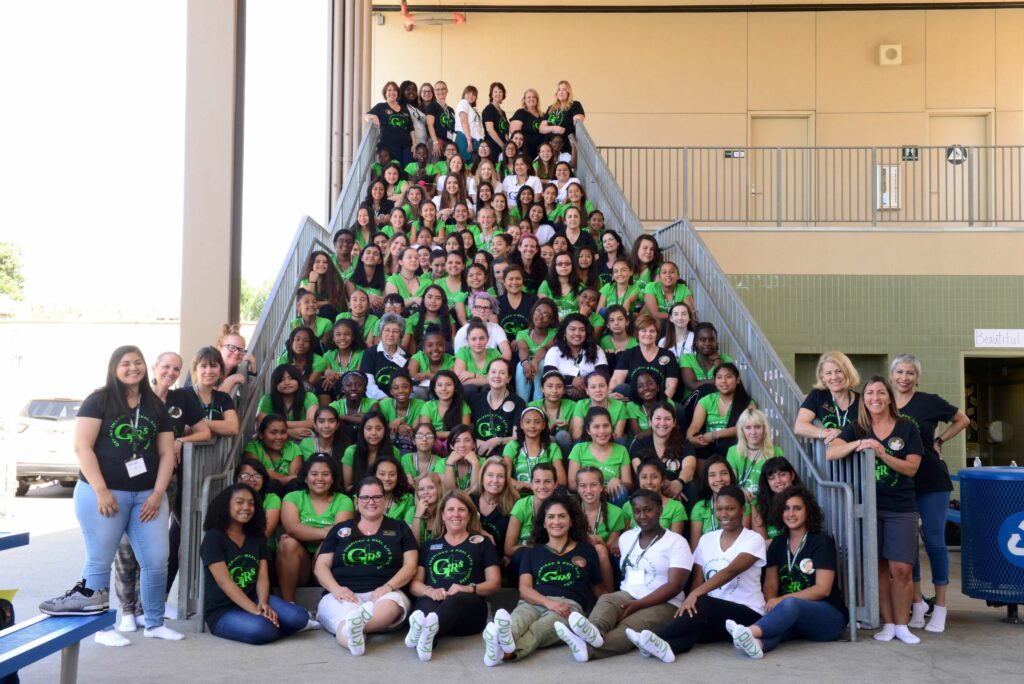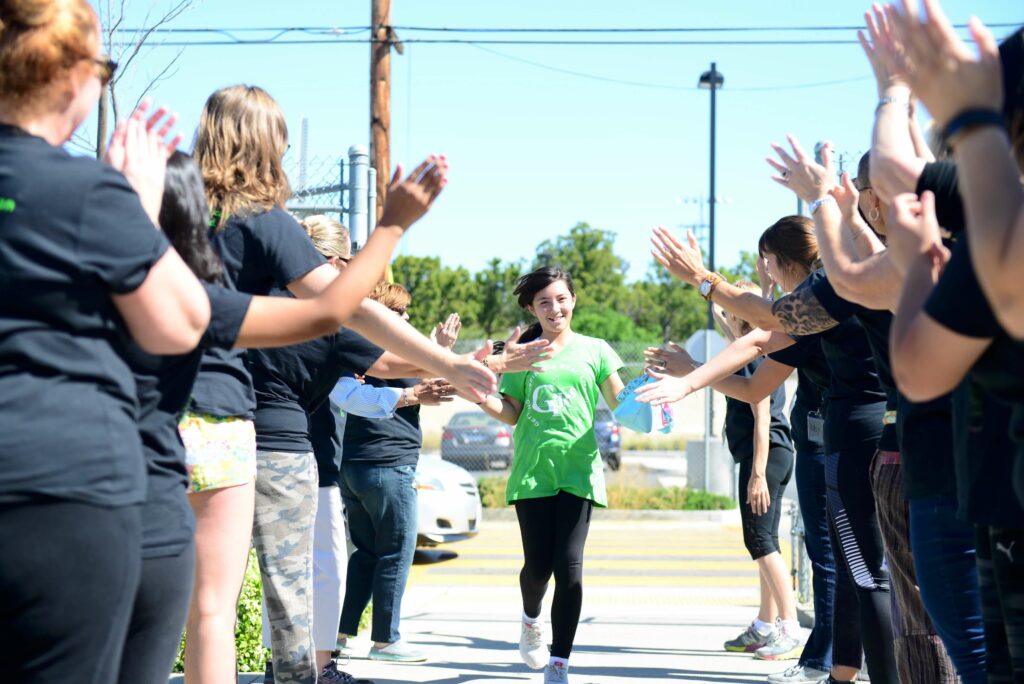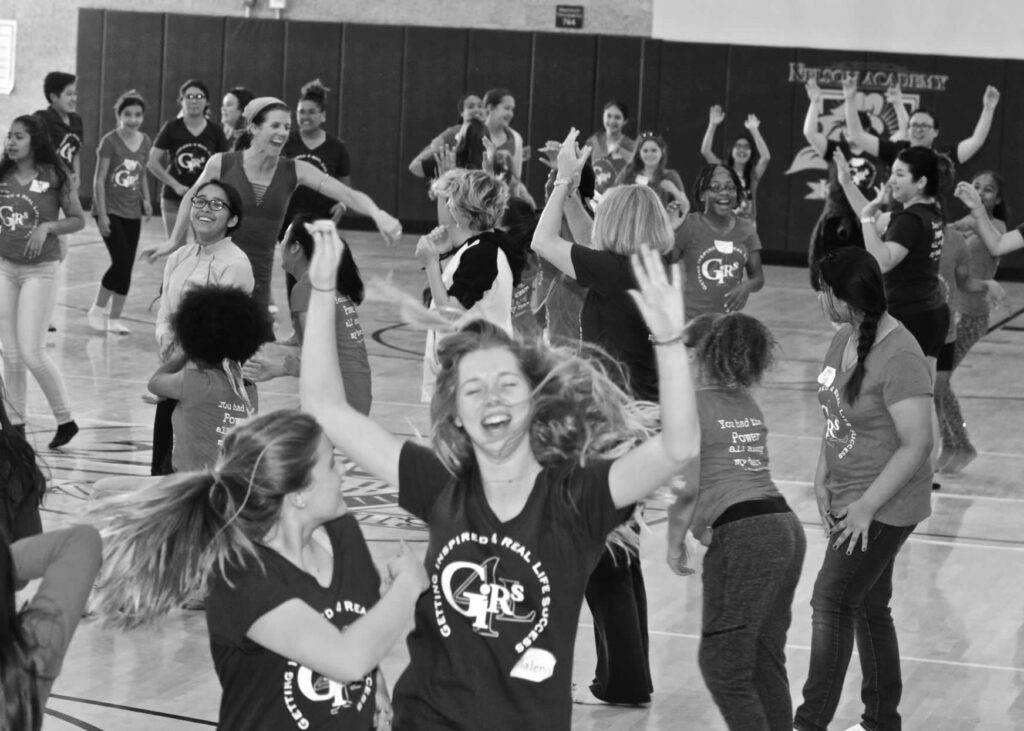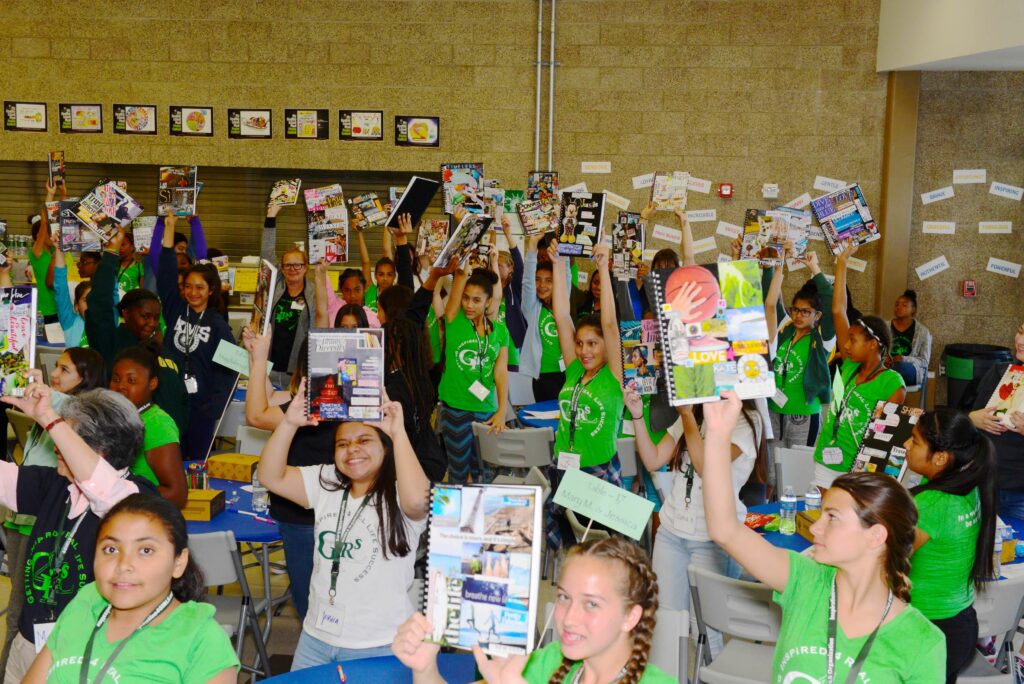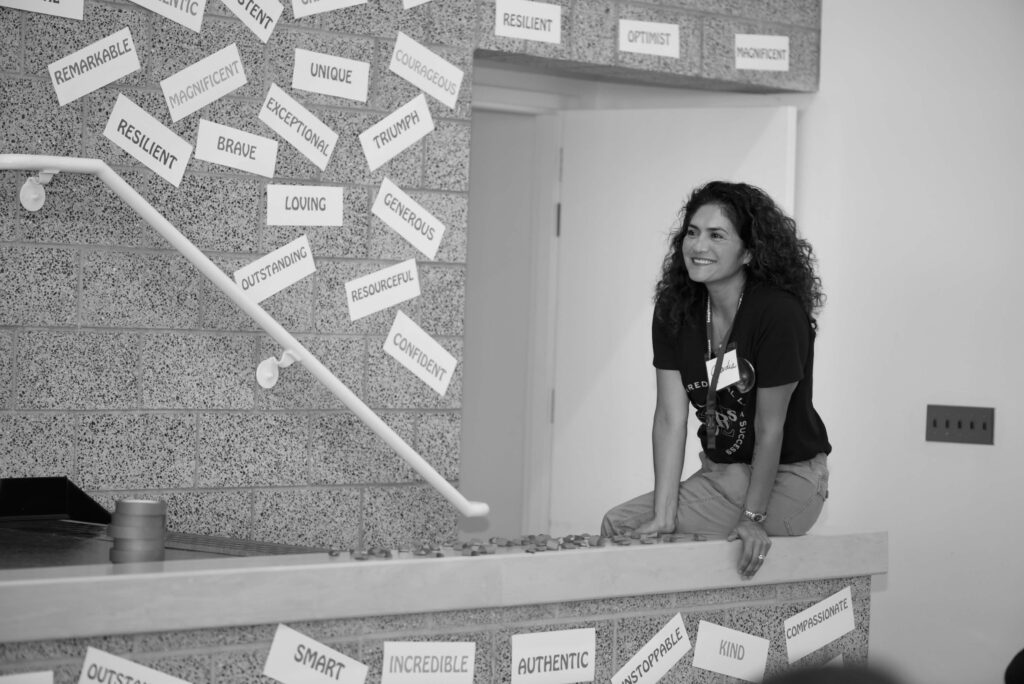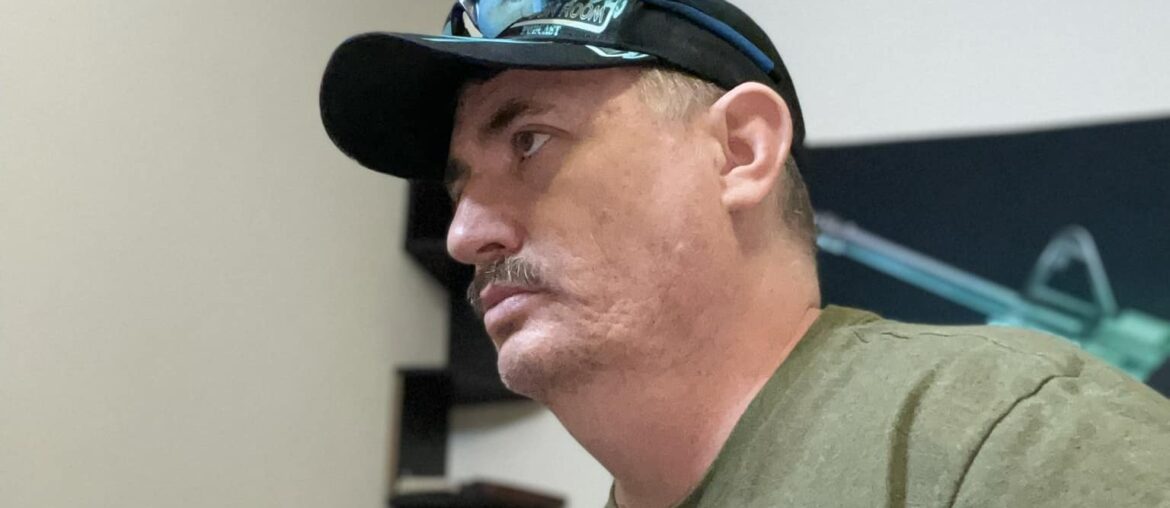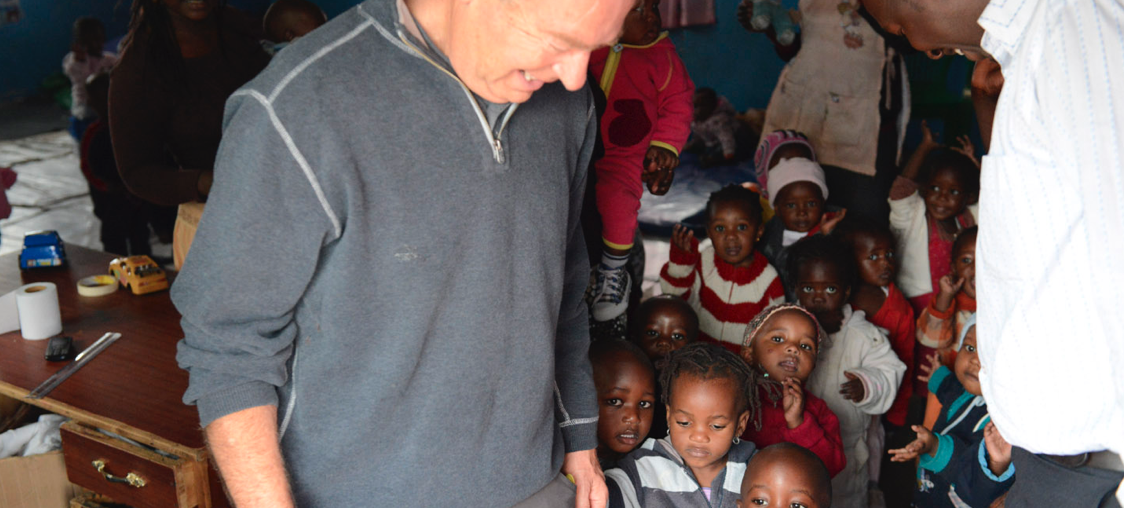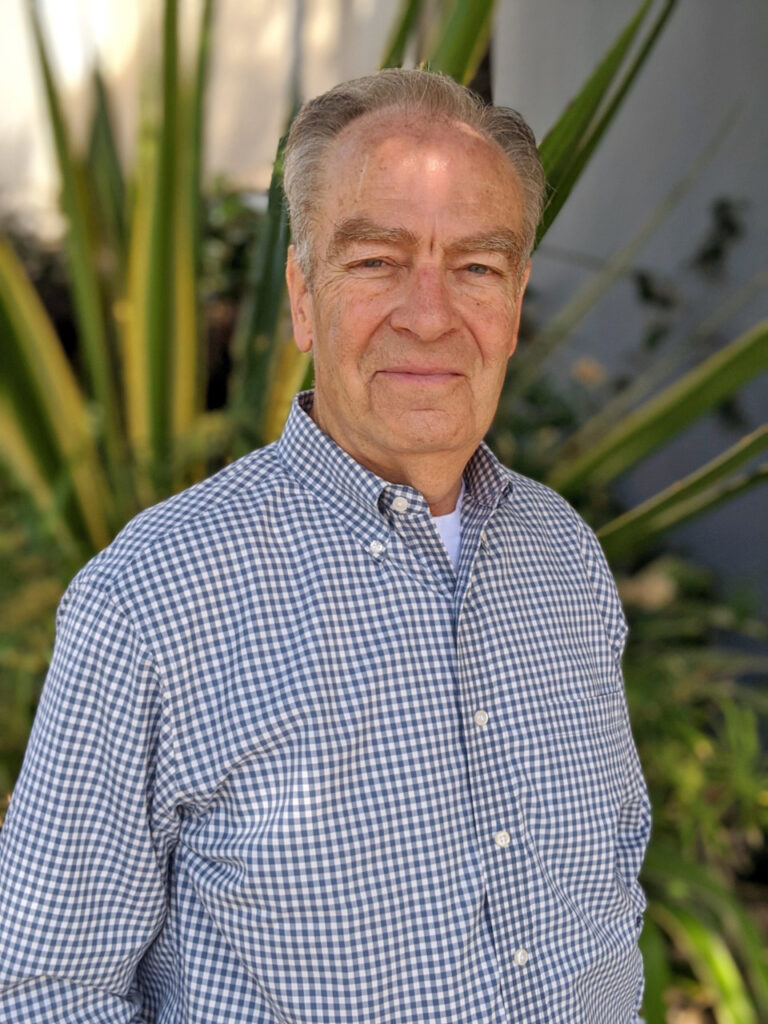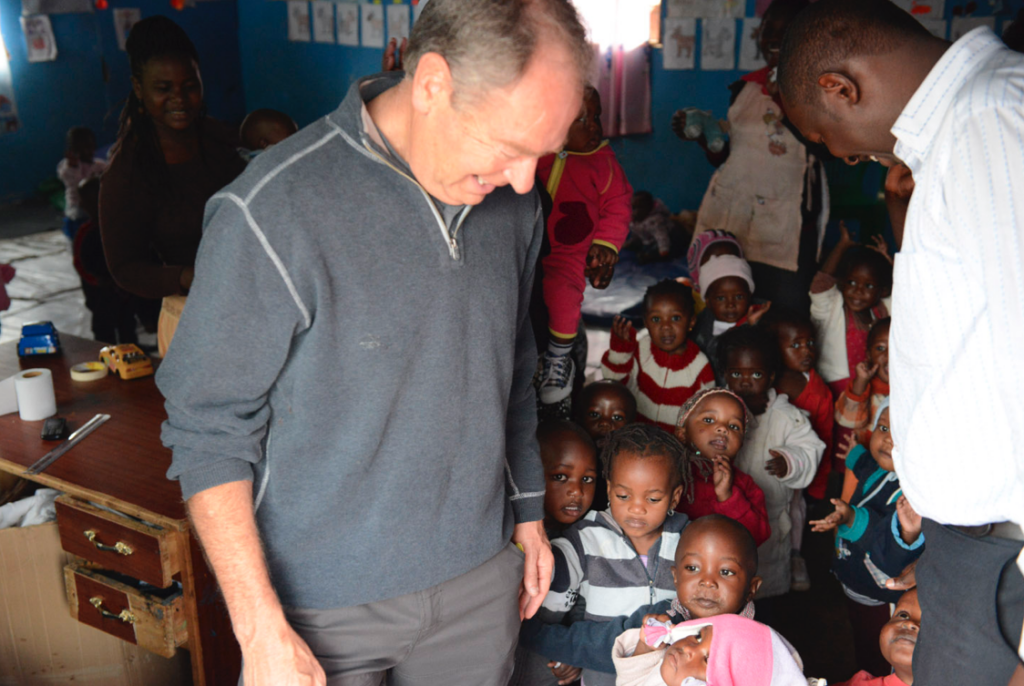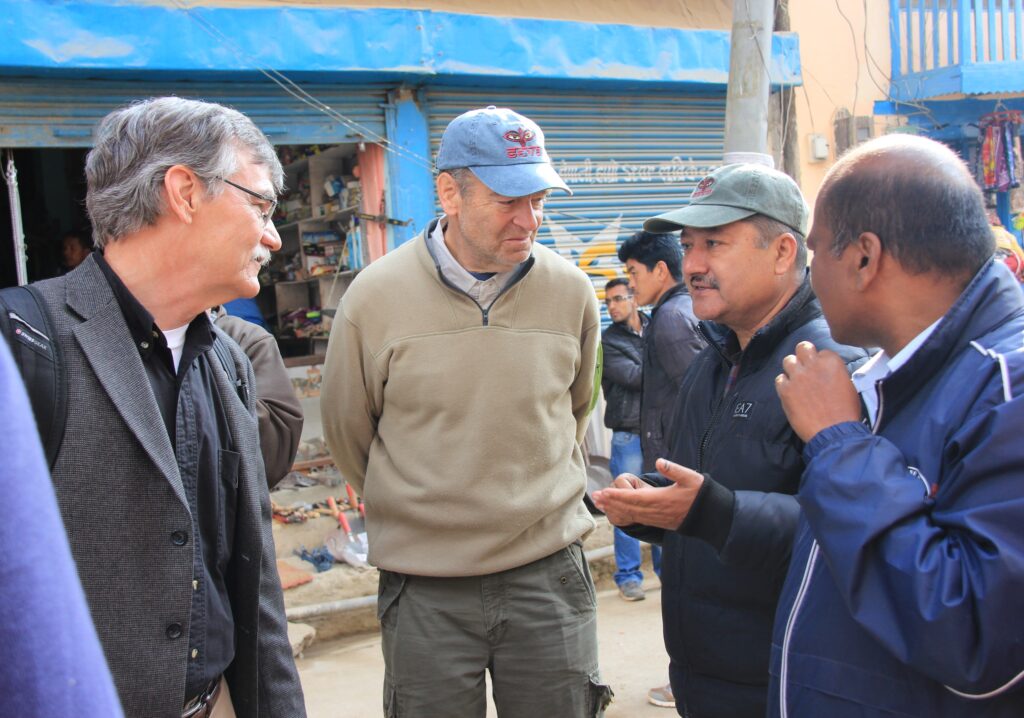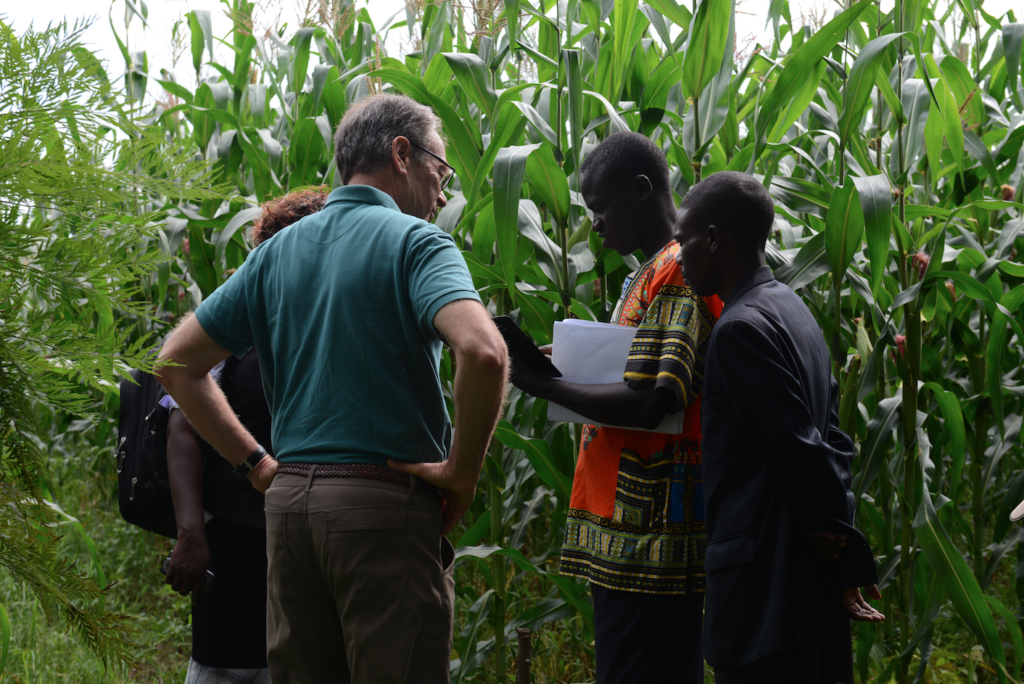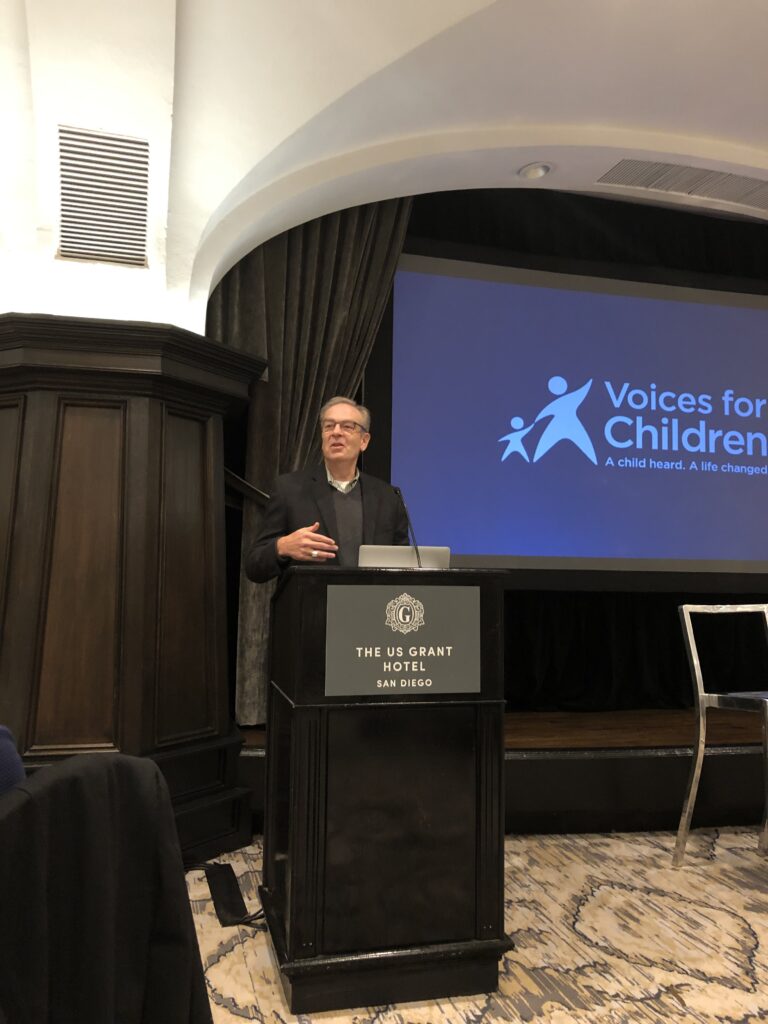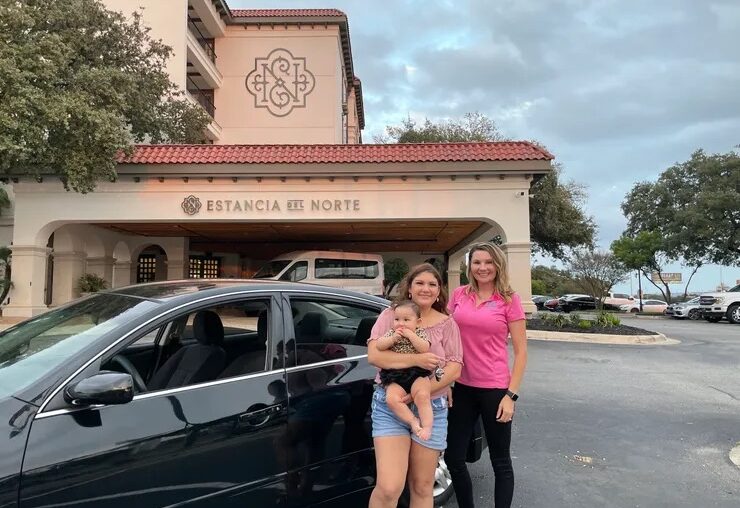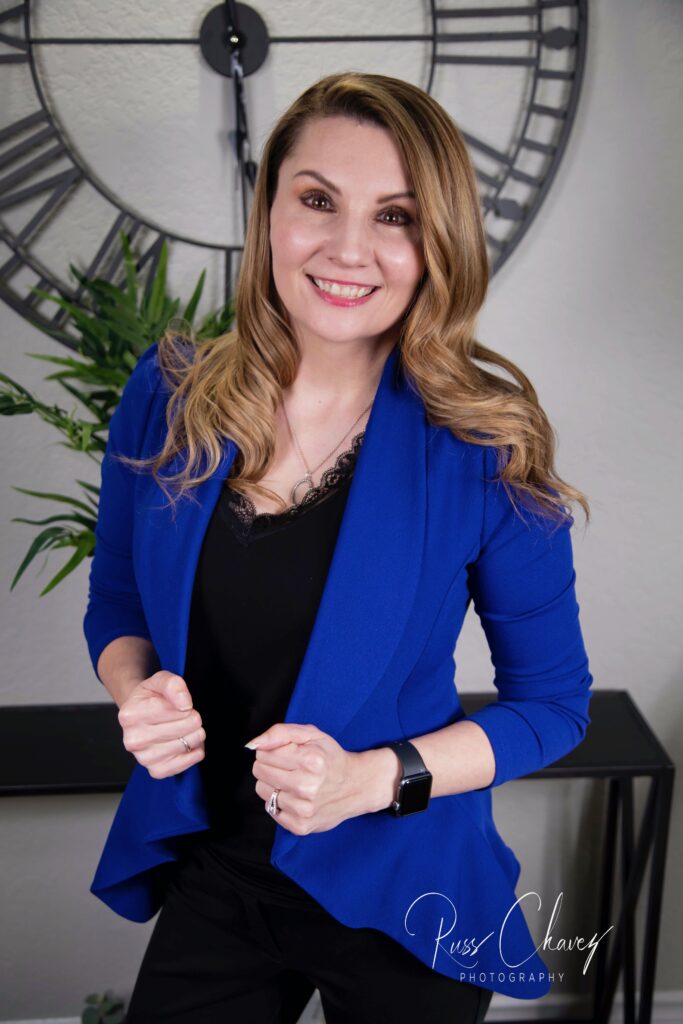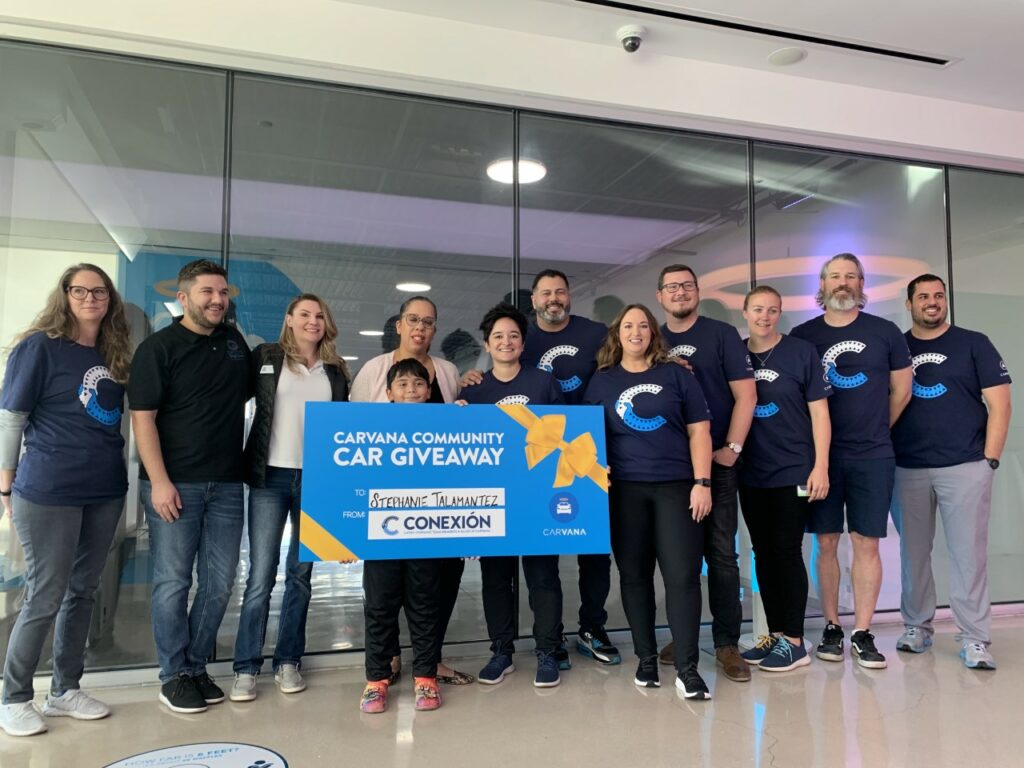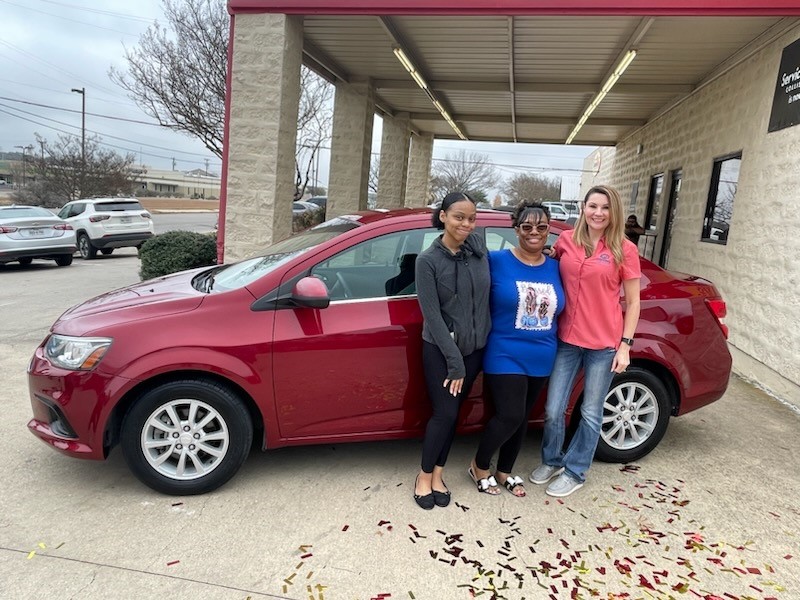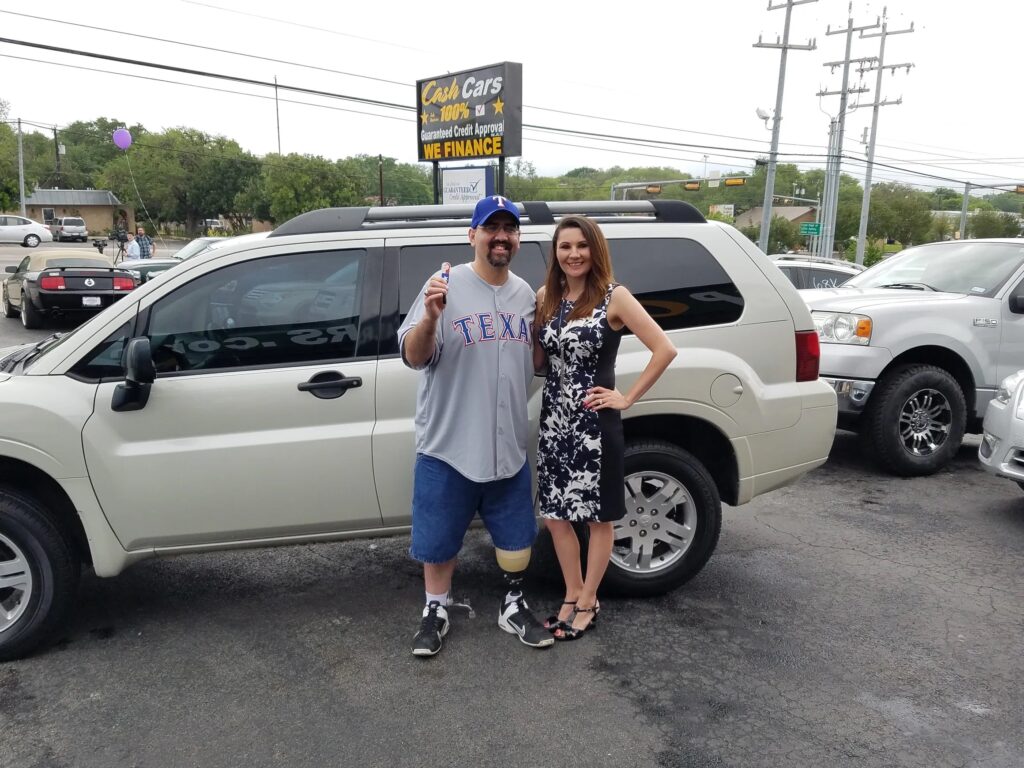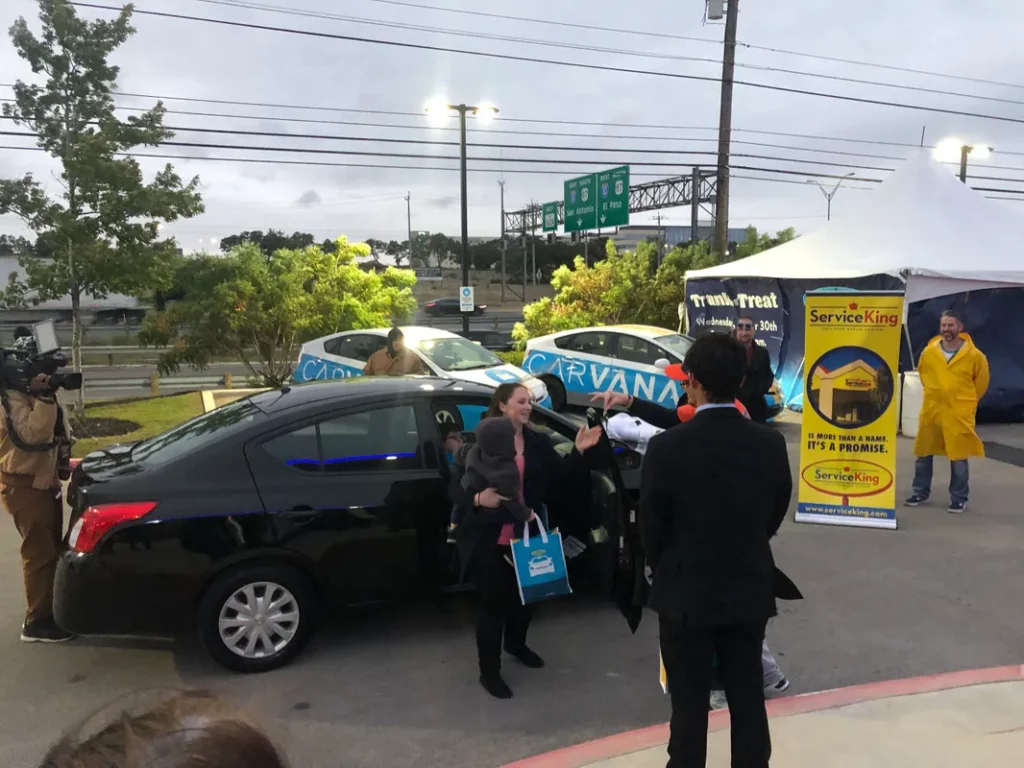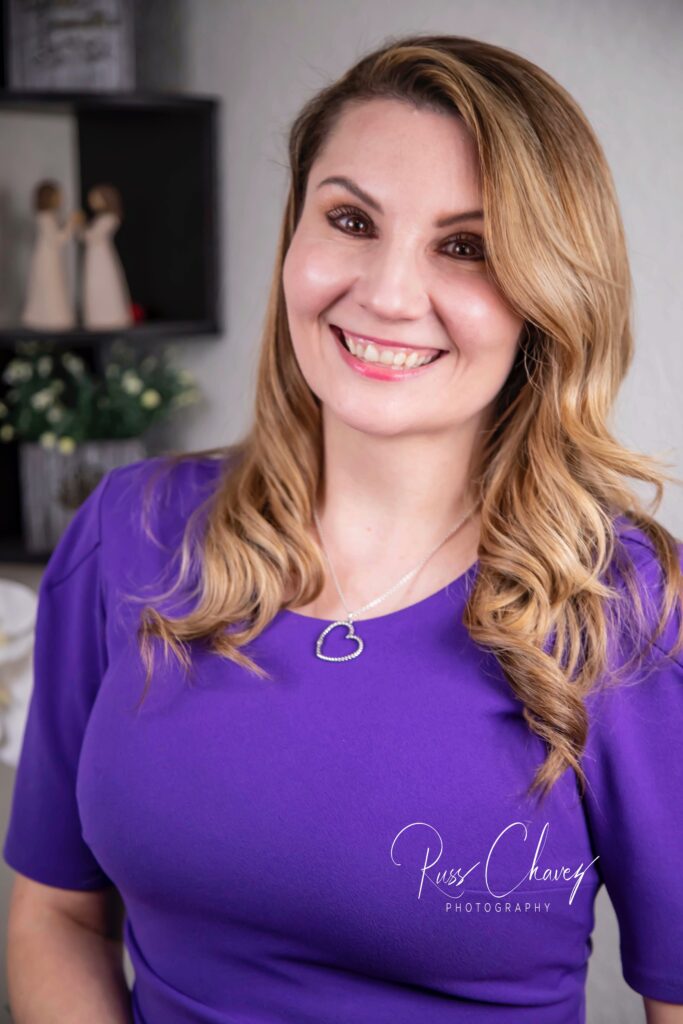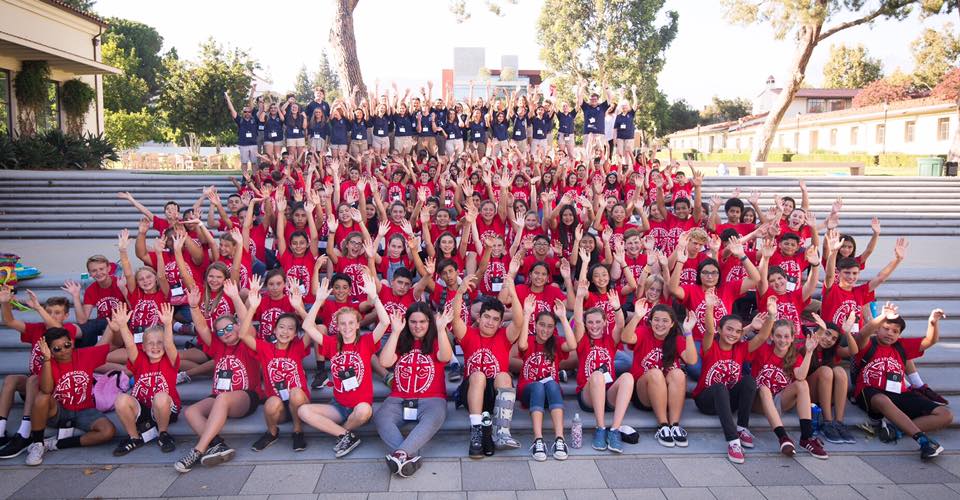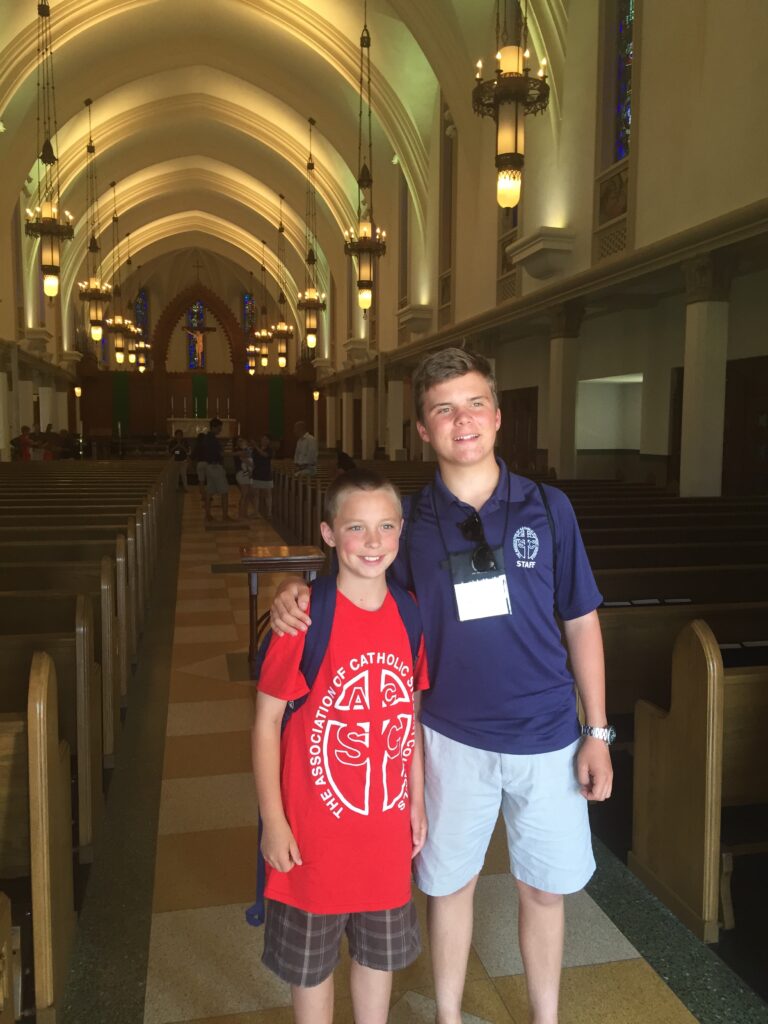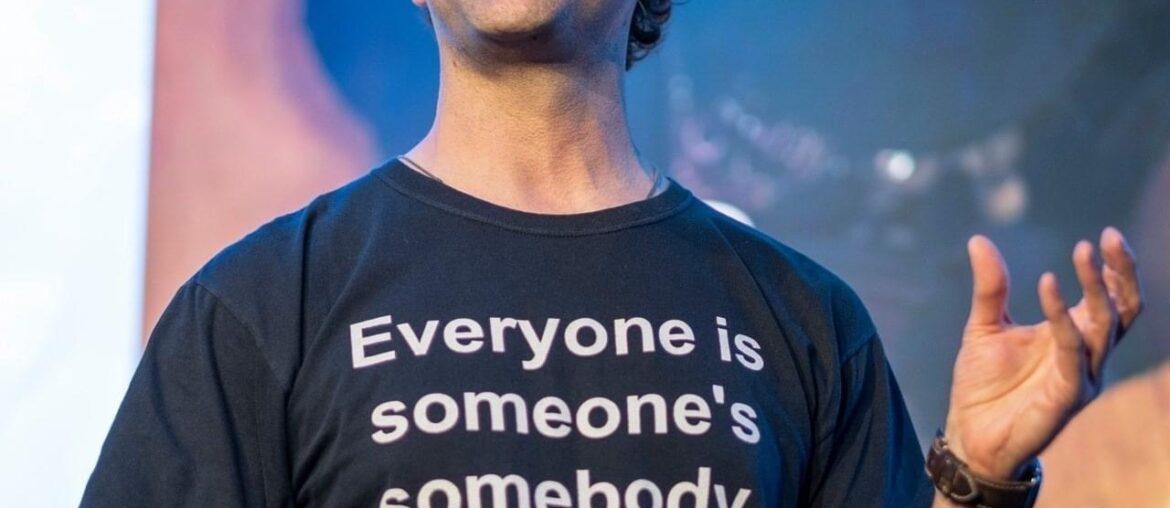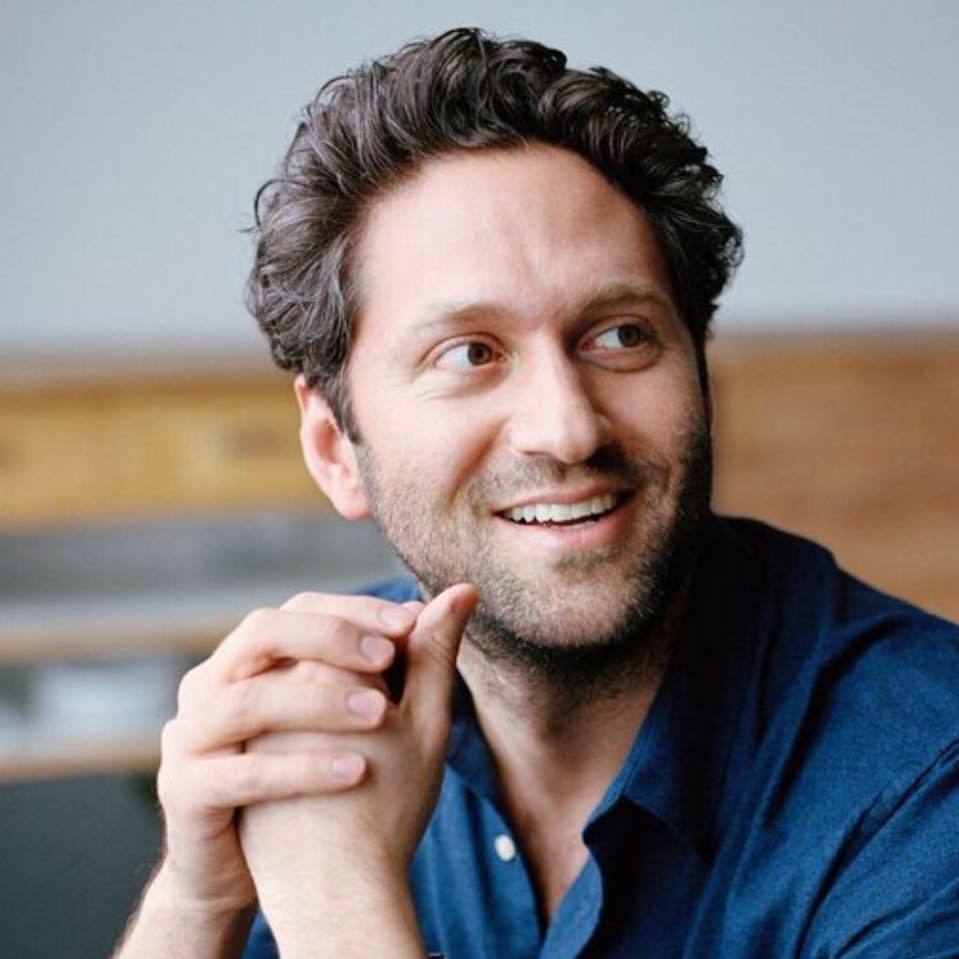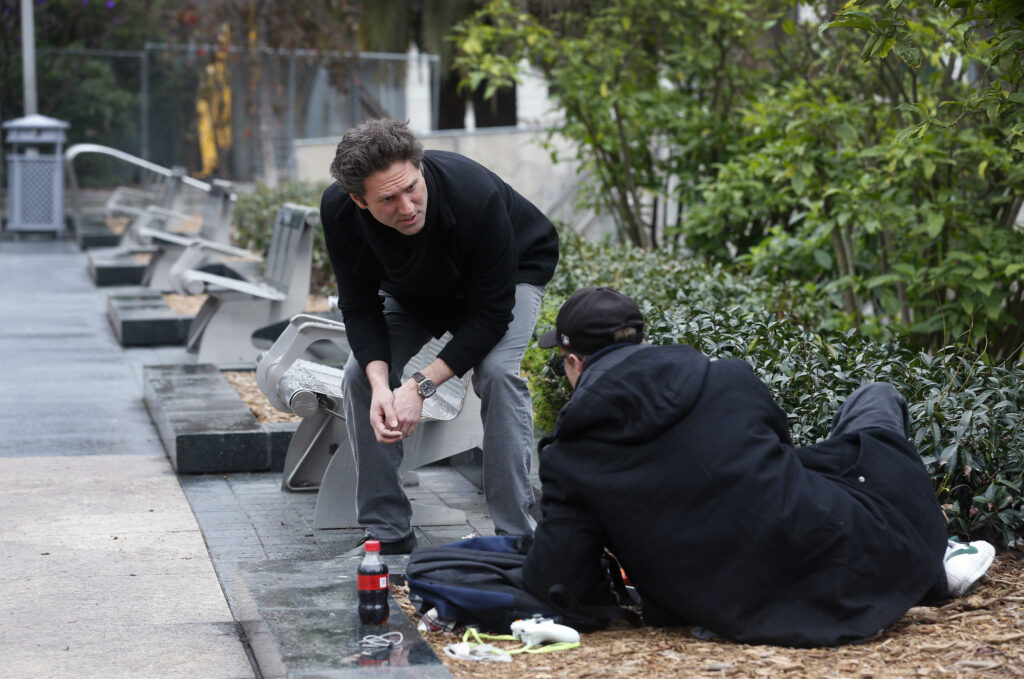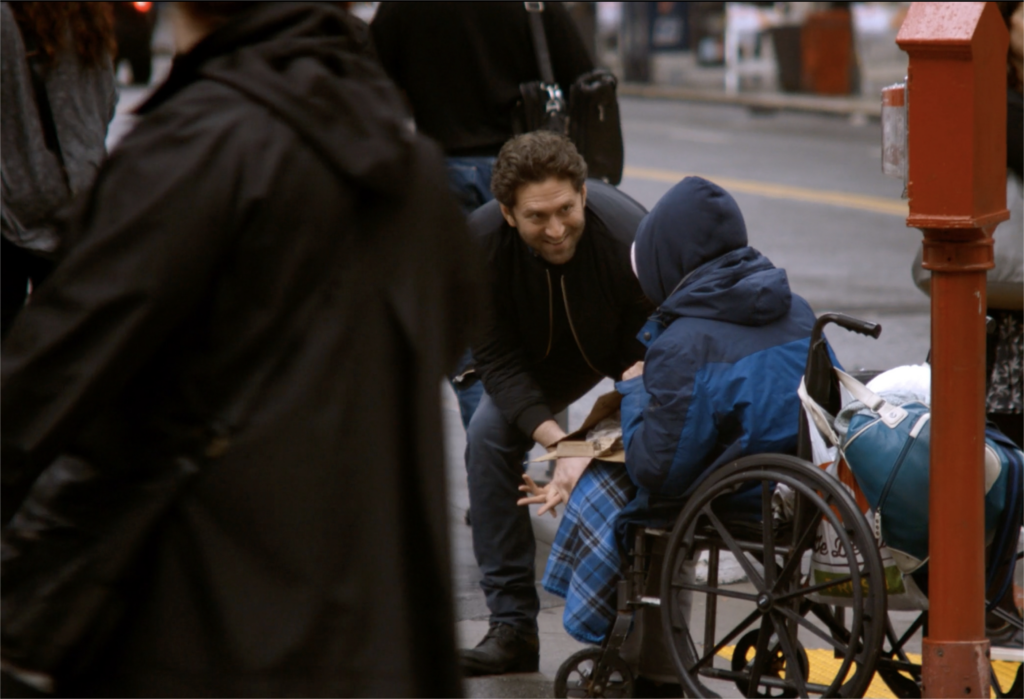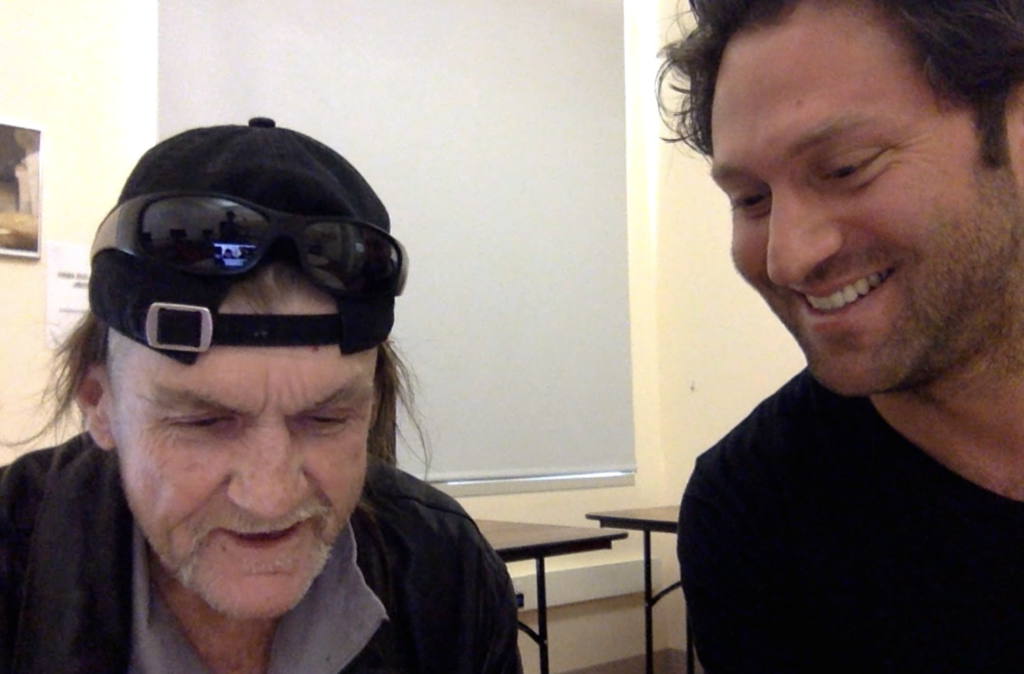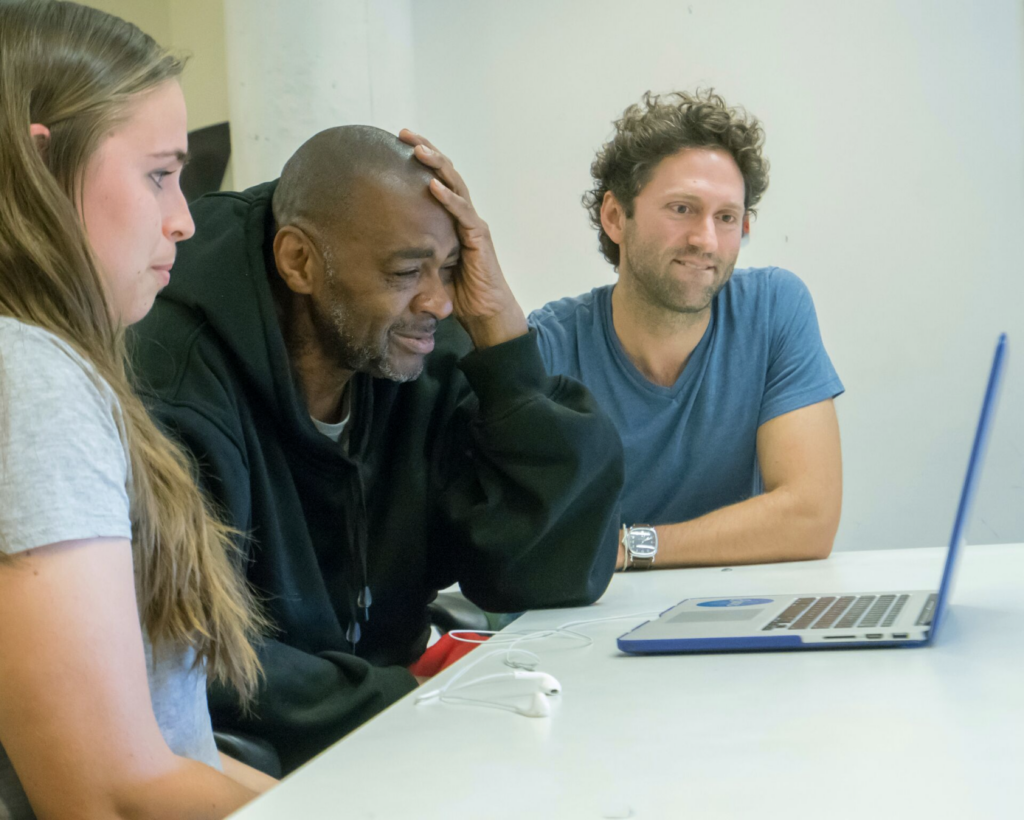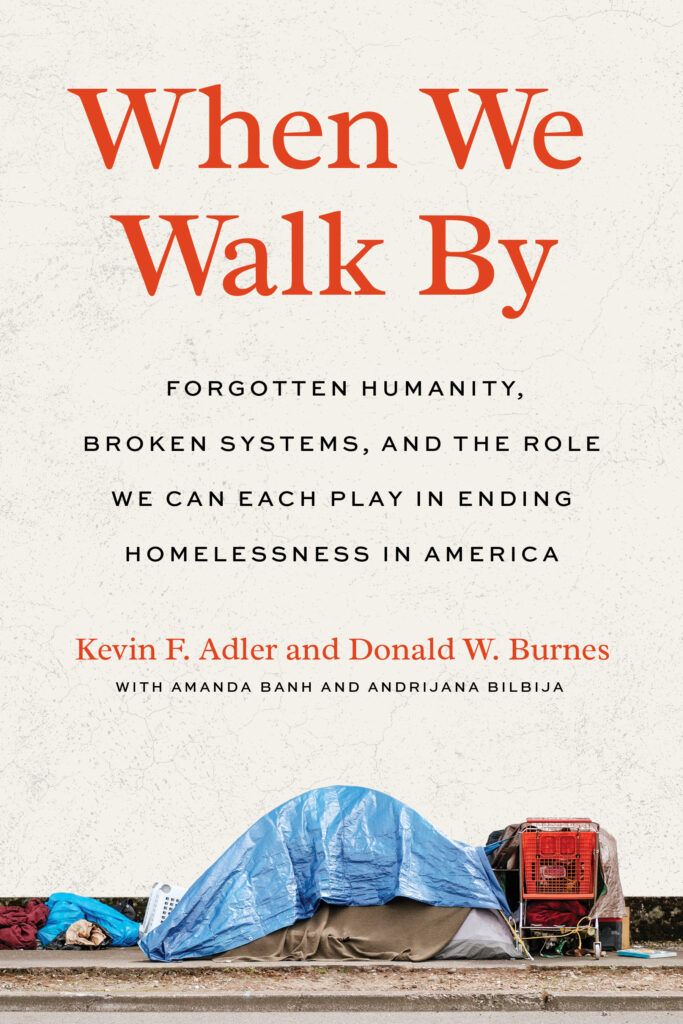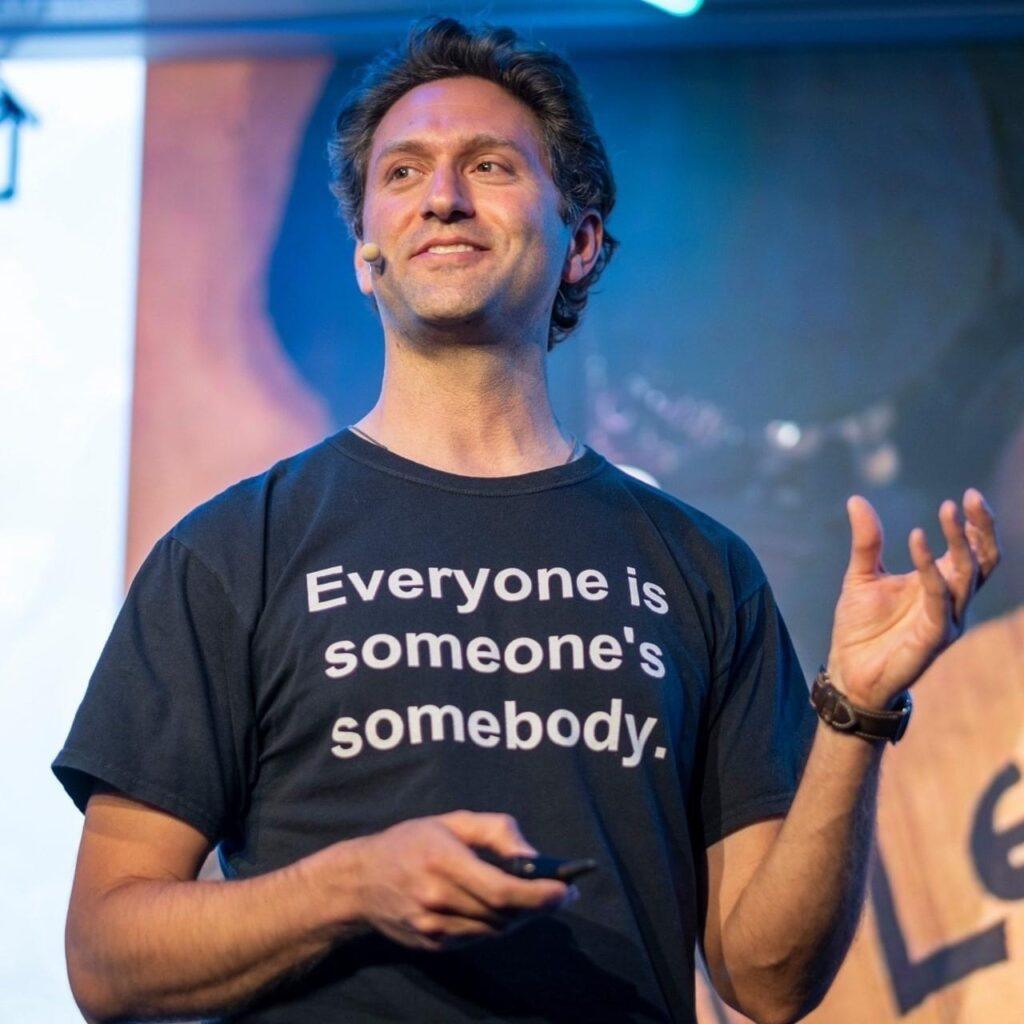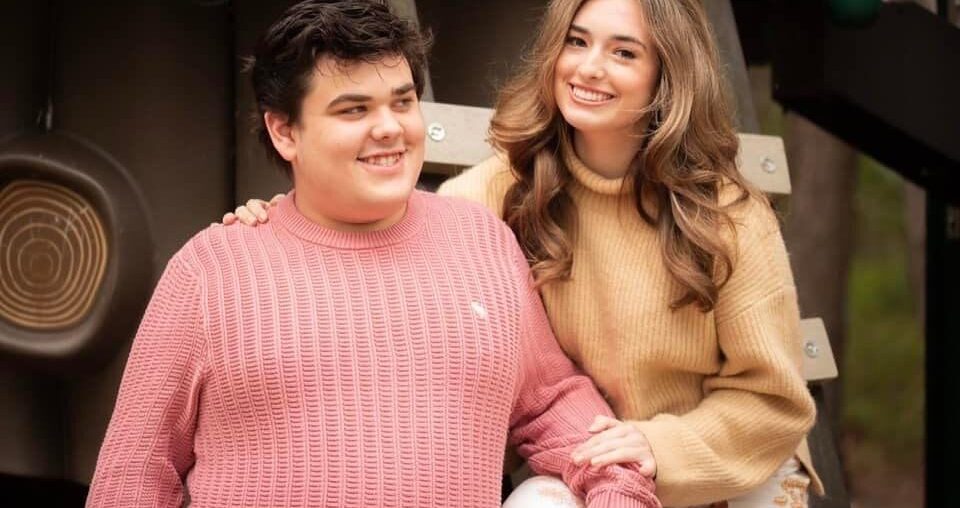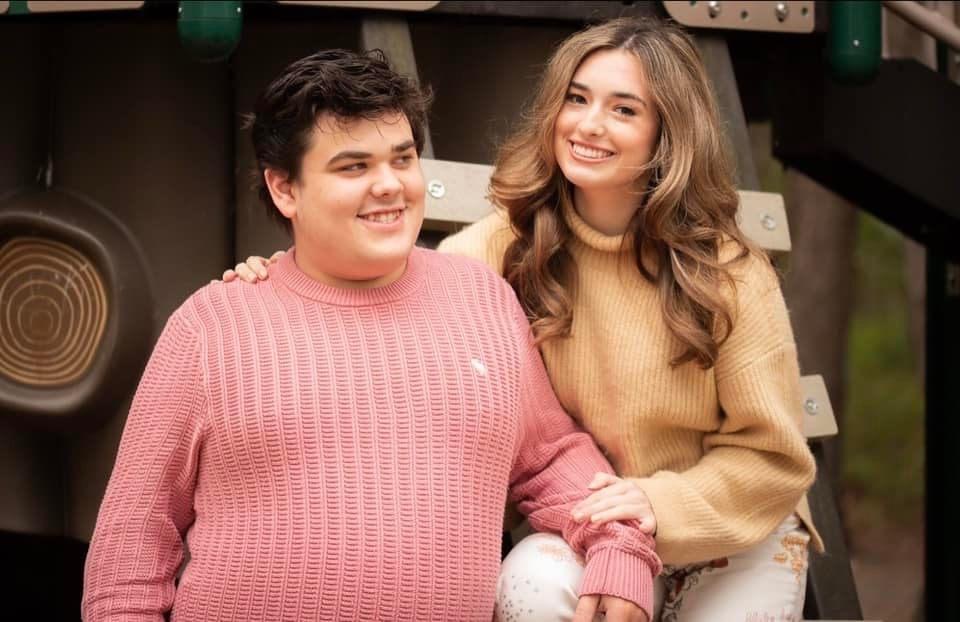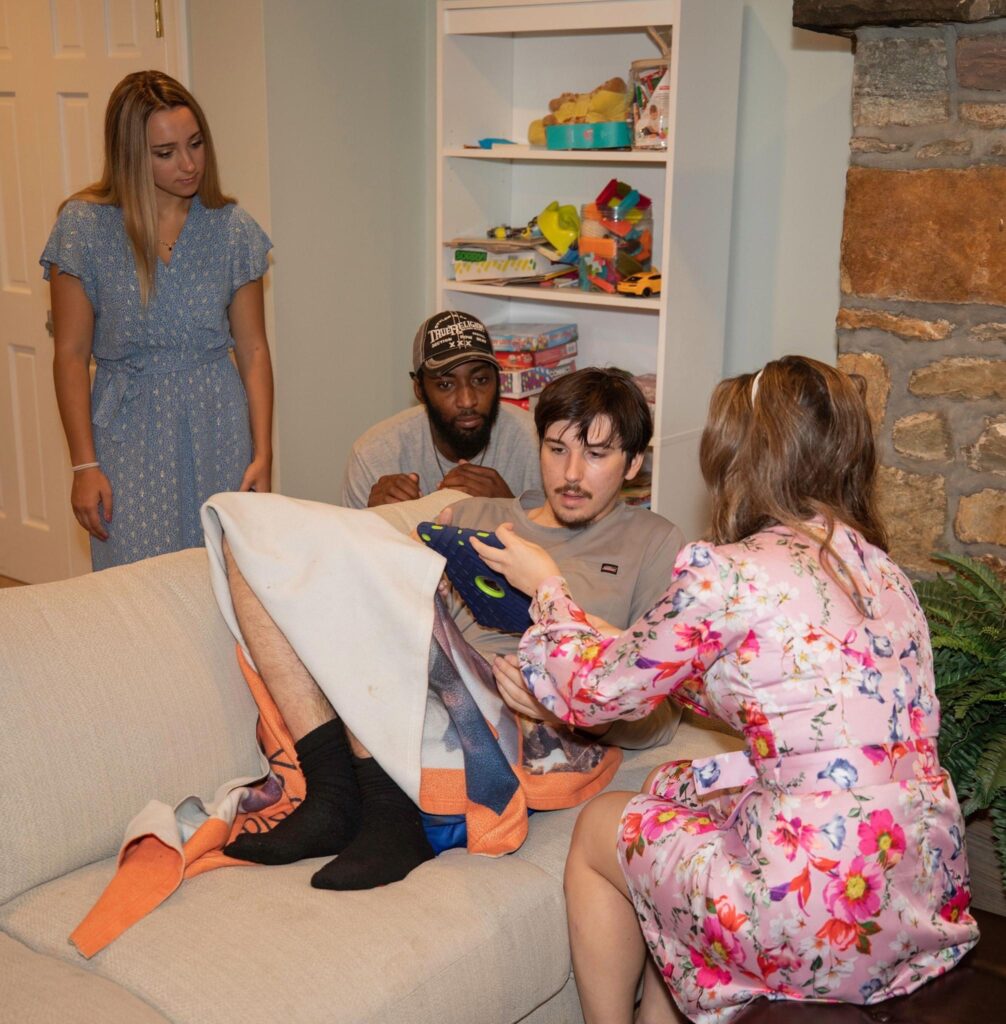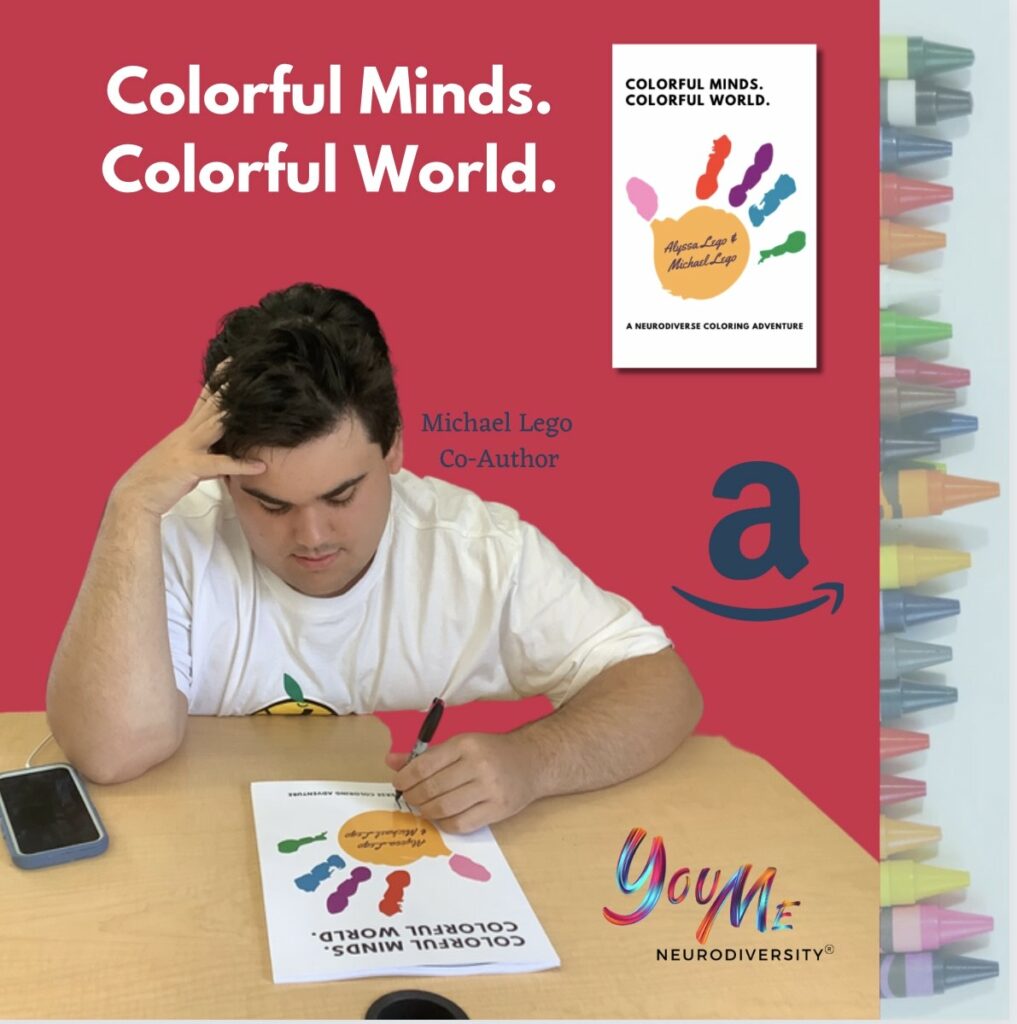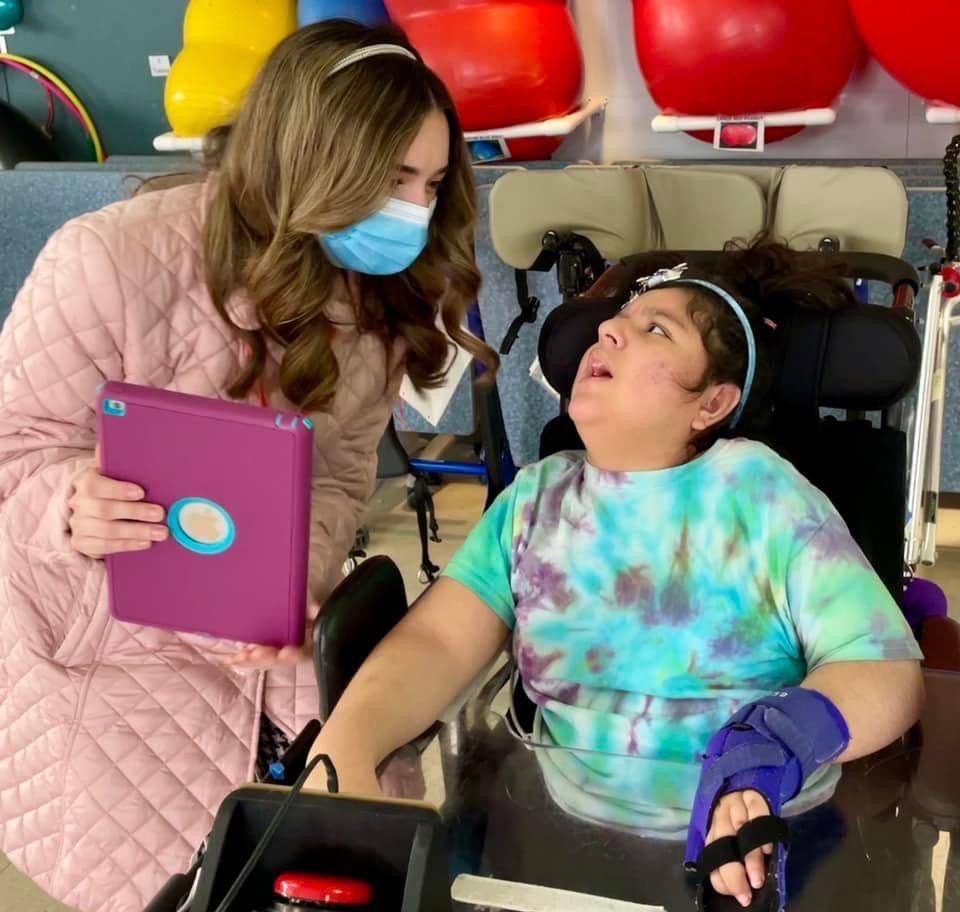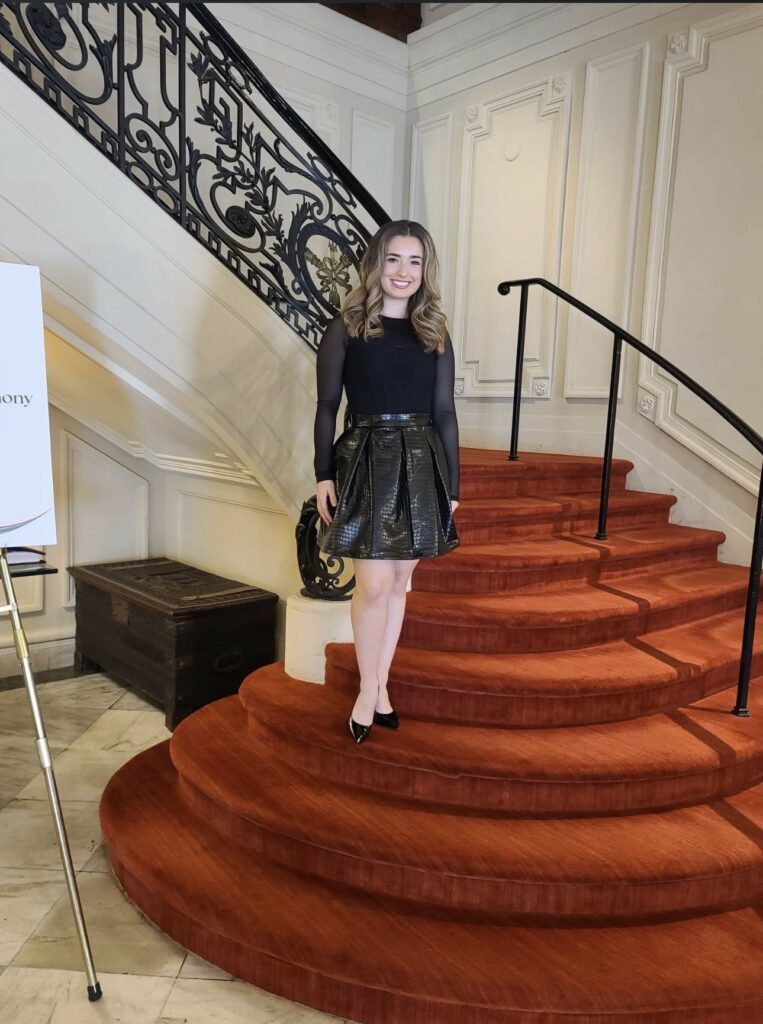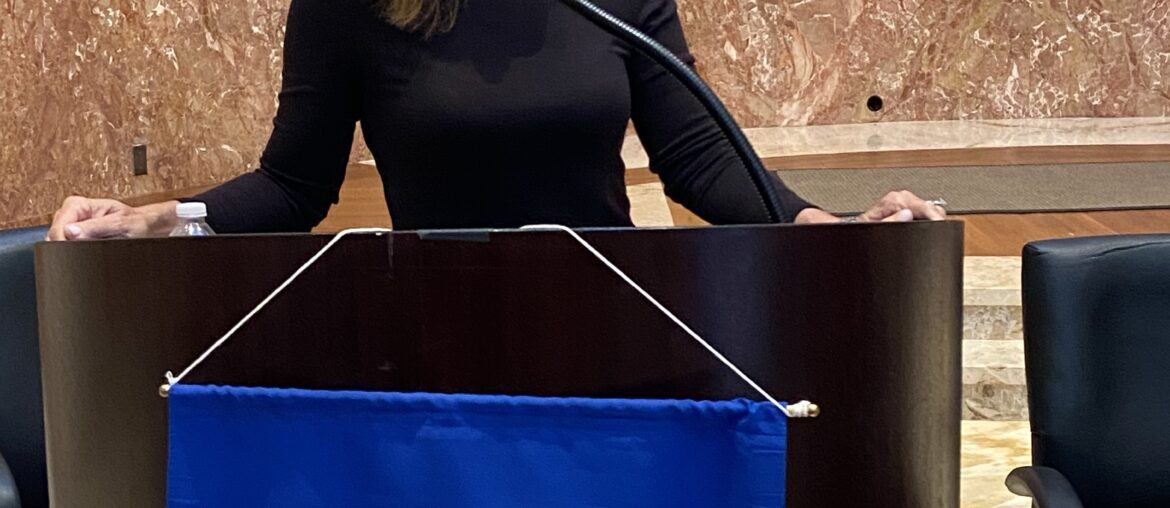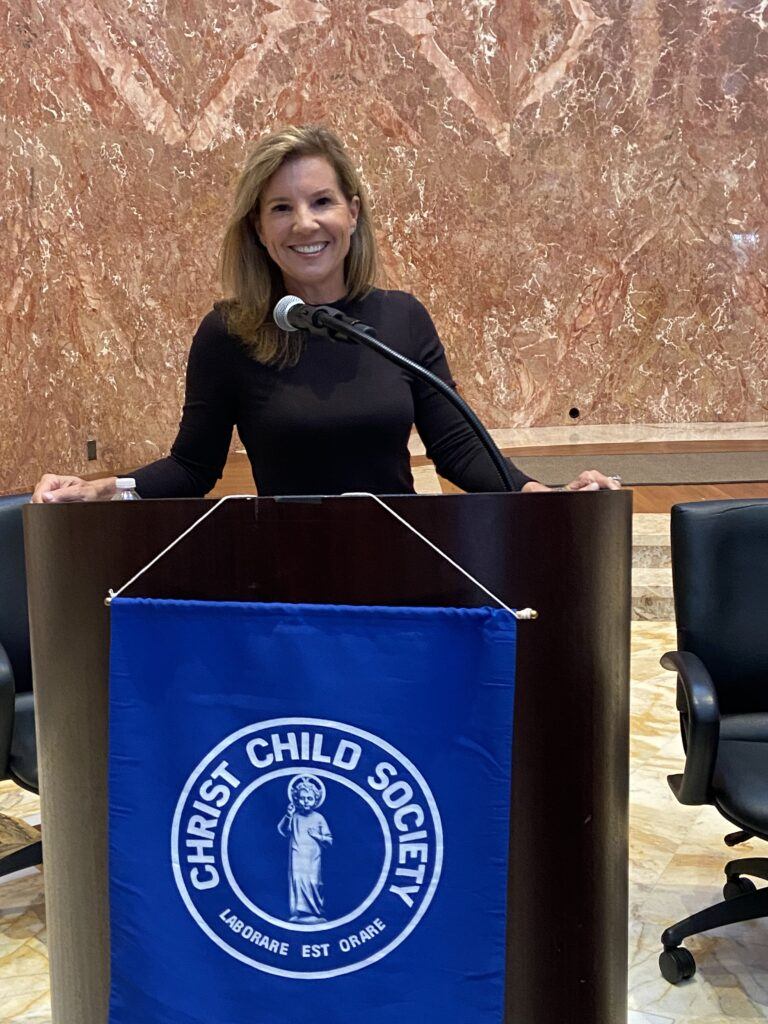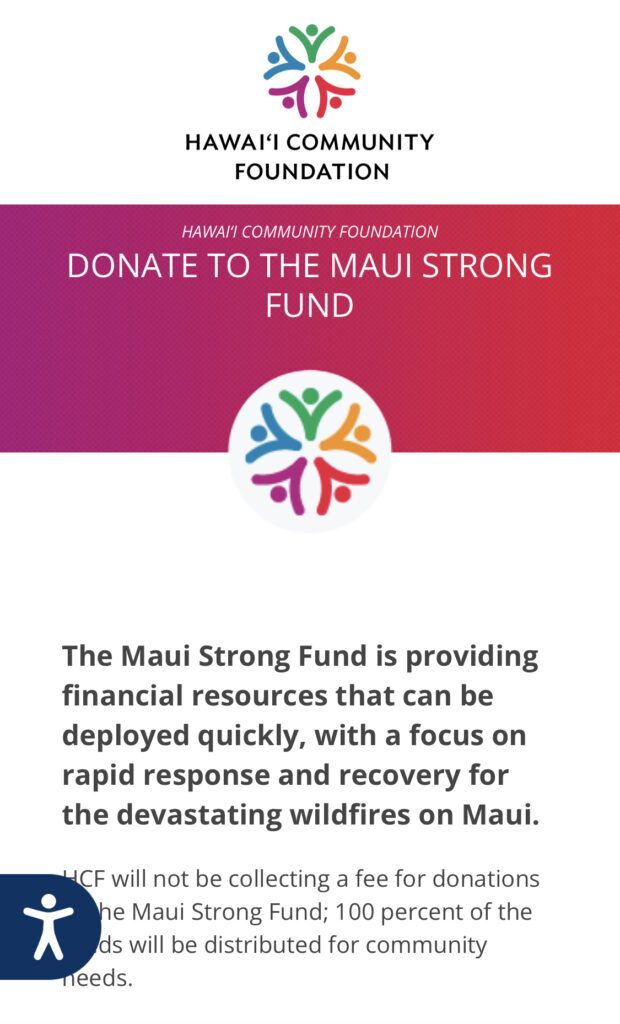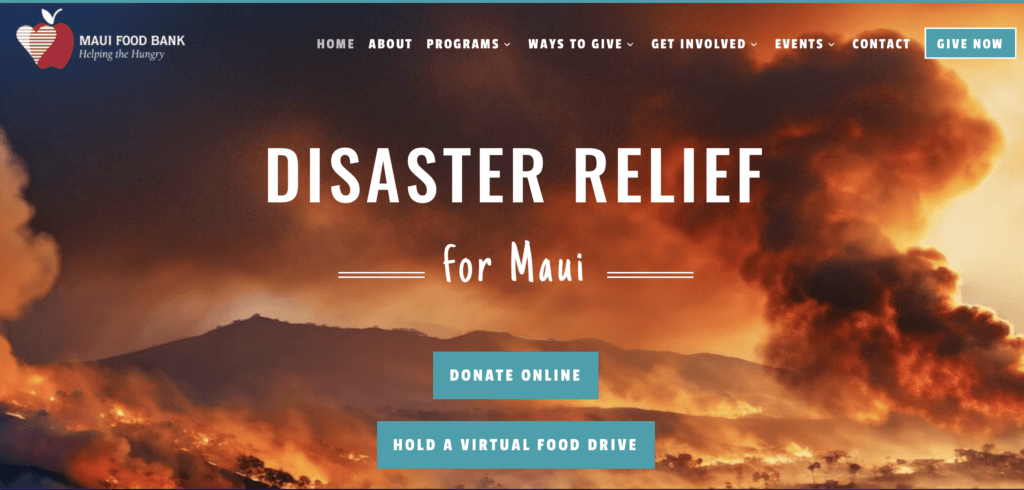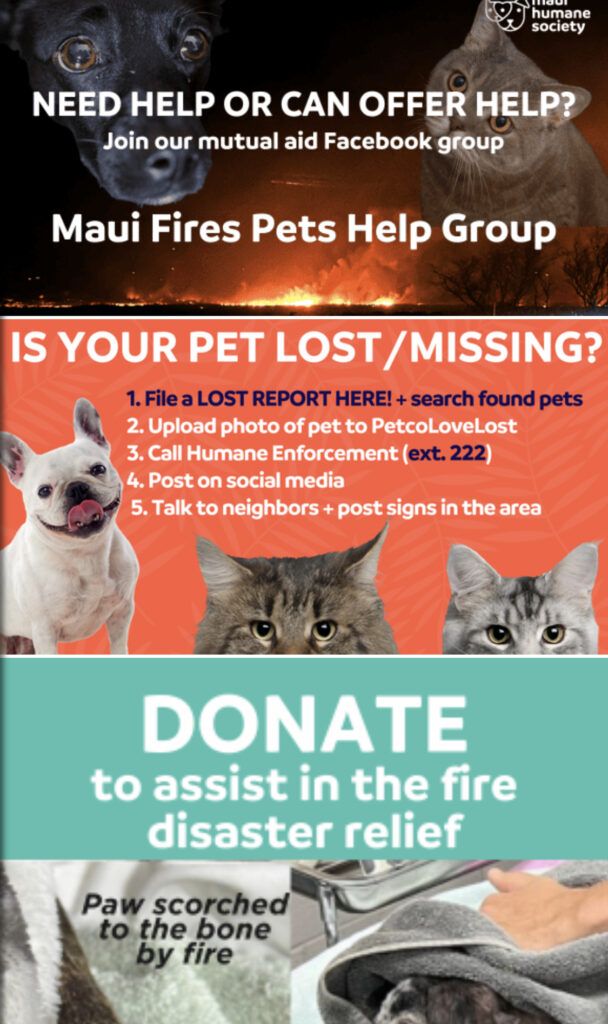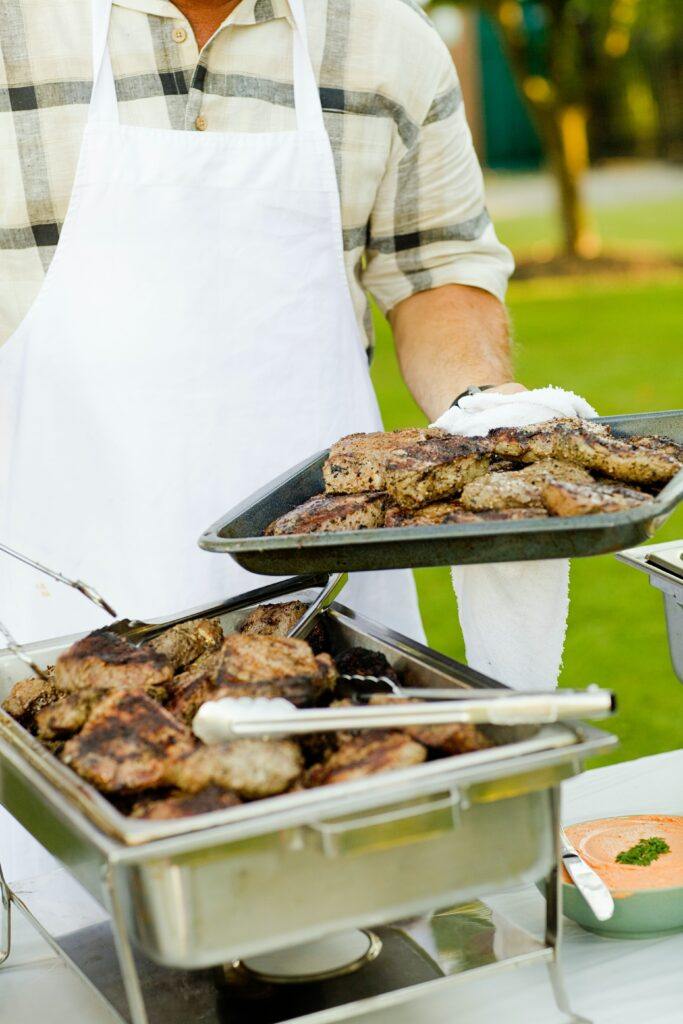
I hope everyone had a great President’s Day. We are now on the short end of a week and that is always a great feeling. On Monday, we celebrated leaders who served our country. Today, I am thrilled to say we are doing the same by celebrating an amazing organization that serves those who have served, our military. Donald Dunn was a veteran suffering from PTSD when he and a fellow veteran began a podcast to talk about whatever was on their mind. The surprising result was that when they began sharing on their podcast, they began healing.
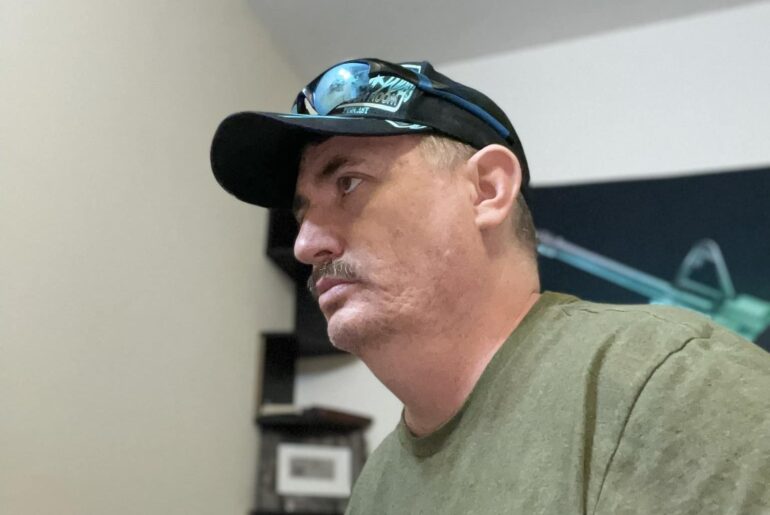
The result of that healing was wanting to give that experience to other veterans who were suffering and the creation of the nonprofit Heroes Voices Media Foundation. Join me for an inspirational conversation that literally brings me to tears of how one veteran is on a mission to help. Truly one of my favorite conversations!

Here are a few highlights from our conversation:
Charity Matters: Tell us a little about what Heroes Voices Media Foundation does?
Donald Dunn: I was podcasting when I realized that I was using podcasting as therapy. And I didn’t realize this until about three quarters of the way through season one. At that point, I just no longer cared whether one person was watching my show or 10,000 because I was starting to feel better about myself. I was starting to be able to get stuff off my chest that I didn’t talk to anybody else about. As a result, the Foundation came from the podcast.
It started because of some musicians that came on the show. I saw how they were struggling getting known, getting views and for me, it didn’t matter. But for them it did, because that was also their income. That’s how they paid their bills. They were using their songwriting as therapy. The songs that they were singing were about the events that had happened to them in the military. So we started this nonprofit, in the hopes that we could get veterans to continue to keep using these forms of media to heal. There’s a lot of people that think podcasting is simple and easy. And then when they start they realize real quick that there’s a lot of work that goes into it.
We know that when veterans get frustrated, they walk away from something and either deal with anger, or just try to go find something else. So our goal is to help them continue to keep podcasting, whether that’s a little bit of education, and or the cost of some of the equipment. . The same goes with our veteran musicians. We’ve got a radio station that is underneath our nonprofit called Gunroom Radio. There’s three different stations: country, a rock channel and folk music.
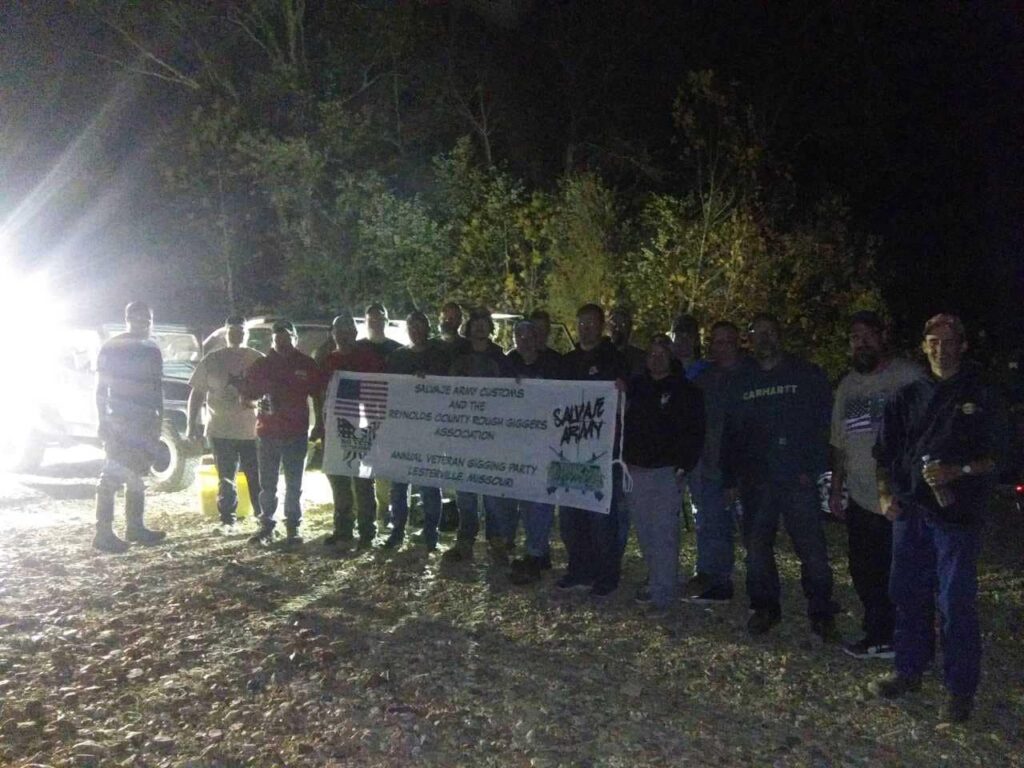
Charity Matters: What was the moment you knew you needed to act and start Heroes Voices Media Foundation?
Donald Dunn: So some of it is just a little bit of luck. I’ve always been one of those guys, that when I get an idea in my head, and I decide to move forward, I don’t change my mind. And so I’m sitting there talking with a few of these veteran artists. And I said, “You know, what we really need is a radio station for veterans. “And they told me about an organization called Operation Encore. And I reached out to them. About that same time, the good old trusty Facebook, started showing me an advertisement that said, start your own radio station. And I was like, “Well, that’s it.” It was meant to be, you know, so I signed up and set it all up. Then I realized that it’s a lot more to it than just setting up a radio station.
There’s a bunch of nonprofits that help with PTSD. And I’m not under the illusion that if you’re a podcasting, you’re going to be healed and that’s therapy. But it’s a starting point, it’s a starting point to get you talking. It’s a starting point to get you associating with other like minded veterans, people that you might be able to reach out to. And it’s also integrating you back into society to where you are able to deal with people, because you will have some frustrating moments as a podcaster.
Charity Matters: What are your biggest challenges?
Donald Dunn: The hardest part for me figuring out is how to reach donors because we have a vision that nobody’s ever done. I knew when I was setting this up that it was going to be an uphill battle. The reason why I knew that is because one of the things that Operation Encore said to me, that made me decide I was going to do this. When they talked to me, it became evident that the only way you were going to get the licensing and everything you needed was it had to become an actual business.
I had just closed my trucking company, and I really wasn’t looking for another business. When I talked to them, he had told me that he has spent two years talking to radio stations, and trying to get them to donate one hour of airtime to just the Operation Encore veteran artists. Wow. And they all told him no. Well, that’s the one thing that stuck in my mind.
The radio station just grew so fast. I had one veteran artist in May when we launched and we’re now there’s probably 70 to 80 artists on there with 500 songs. I’m trying to put together a way for everybody to hear their music. And now we need to start breaking up and adding some channels and having different genres. I wasn’t thinking we’re going to be the next Sirius XM. I was hoping that maybe some guy from the American Legion, or something like that was listening and could reach out to these artists and book them. If that helps put a little bit of food on their table, and keeps them driving, then that’s a win. I love that it has already done so much.
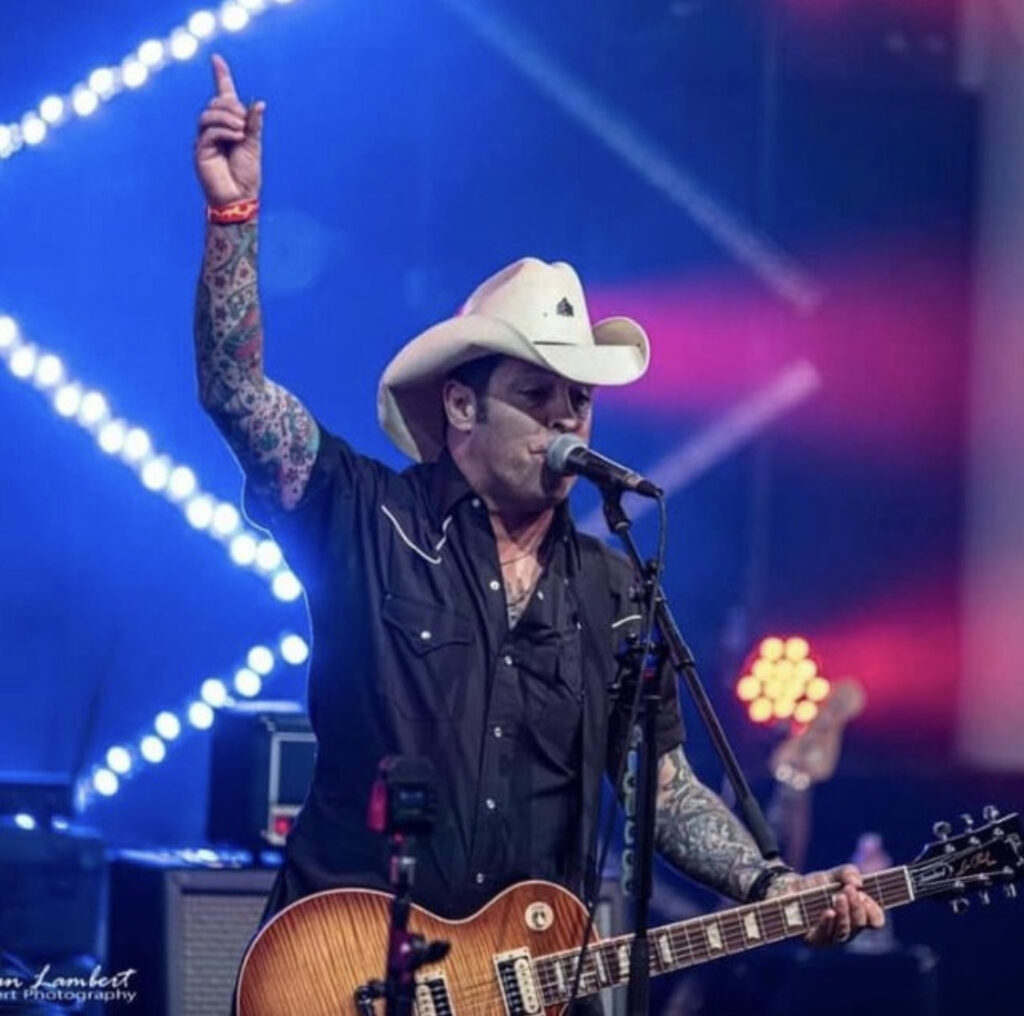
Charity Matters: What fuels you to keep doing this work?
Donald Dunn: The thing that keeps me driving is I want to get to the point where the veterans are being known for their talent. Veterans have a very unique way of looking at things. We’re very good at being handed a task and just said, figure it out, and they figure it out. I think that’s why a lot of veterans become entrepreneurs because they do have that skill set. They don’t necessarily work well with others but they can figure things out on their own.
When I started looking at this, I already knew there’s all sorts of different PTSD type nonprofits out there. But there’s not a whole lot that highlights the veteran that succeeded from dealing with all their traumas, and everything else. I want veterans to think I’m gonna go back and live my dream. My dream was to become a musician, a podcaster or whatever their dream is. But they put those dreams on hold for the first 10 to 15 years, whatever they served. And now that they’re at the end of their counterparts careers and they’re trying to start their dream.
And you know, there’s not too many record labels, it’s gonna say, “Hey, you’re 45, I think you’re now ready to become a musician.” Right? And so what fuels me is I want to change that. And I want to change it to the point where there’s not just a CMA, but there’s a VMAs, there’s the Veteran Music Awards, there’s the genres for podcasters. You know, if you look up military podcasts, it’s going to fall under one of two categories, either mental health, or government and politics. And I don’t really think that’s, that’s the way that it should be. I think that’s what fuels me is I want to get it to where the veteran community has a recognition and a voice.
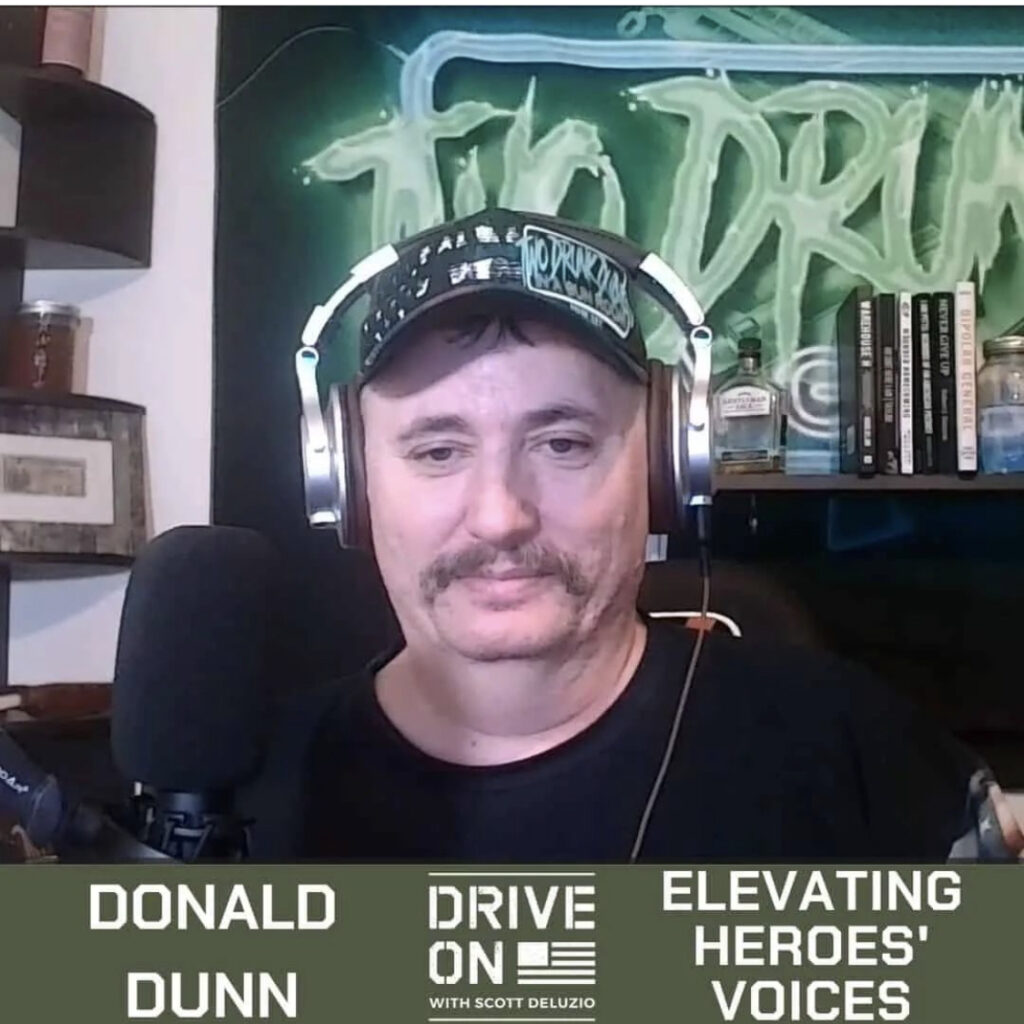
Charity Matters: How has this journey changed you?
Donald Dunn: Absolutely. If you went back two years ago, I was that veteran that we were just talking about. I did not want to leave the house, I did not associate with people. I didn’t go into Walmart and I had a hard time just functioning as a happy person. I went to the VA, I did get some help. I still did not do well with the therapy, as far as talking, and stuff like that. I just could not relate to that person. And that person definitely did not understand my situation.
When I started this podcast, and as it went through the steps, I kind of hit levels as well. You know, I went from that guy that didn’t want to talk about stories, you know, who was drinking a lot to now I’m that guy that drinks maybe three drinks a week. I drink when I want to not because I’m trying to go to sleep because I haven’t slept in two days. And so, and I do credit a lot of that to the getting stuff off my chest and opening up that powder keg and taking some of that stuff out that I have pressed down in, in me.
Then I got to that point where I was able to understand other people’s situations. And I was able to figure out some of my problems. One of the other things that I’ve done is I wrote a book for my kids. I have not published it yet. I’m letting them read it. I just sent it to them a few weeks ago, but it answers all the questions about why they had this laughing happy go lucky dad. And then by the time they were teenagers, they had another guy that would come home, eat dinner and go straight to the bedroom and stay there until the next morning.
I never thought about the damages that you are also causing when you think you’re protecting your family by not talking about the stuff that has happened. You think you’re shielding them from that. But what you’re really shielding them from is understanding what you’re going through. My wife, for the first two years of this stuff, she didn’t sleep with me for the first two years, because you got tired of getting elbowed and me yelling and screaming for bad dreams. And then she would ask me what I was dreaming about. And I would lie and say, I don’t remember. I credit the podcast and opening up to where I couldn’t get it to where I felt like, I wanted to share it, so I put it in a book.

Charity Matters: Do you have a phrase or motto that you live by?
Donald Dunn: Personally, my life changed when I got to the point where I could embrace the words, it is what it is. And it’s a fine line, because that phrase can also be a crutch and force. You to just say, well, there’s nothing I can do to change it. But for me, the part that is helped is when you’re holding on to all this baggage. This stuff that you can’t change, I can’t go back in history and undo the damages that I’ve done. I can’t go back and not go to these deployments and not have all these memories. And for me, when I finally got to that point where I can say,” it is what it is” and just let it go.
That’s where I started seeing recovery. That really came through from podcasting when I was talking to other people. And when you get deep into a conversation with another veteran that I didn’t meet until that day, and you’re talking about stuff that I hadn’t even told my wife about. And I completely forgot that it was being recorded, or that it was live or anything, right? Those are the moments.
CHARITY MATTERS.
YOUR REFERRAL IS THE GREATEST COMPLIMENT, IF YOU ARE SO MOVED OR INSPIRED, WE WOULD LOVE YOU TO SHARE AND INSPIRE ANOTHER. If you enjoyed today’s episode, please connect with us:
Copyright © 2024 Charity Matters. This article may not be reproduced without explicit written permission; if you are not reading this in your newsreader, the site you are viewing is illegally infringing our copyright. We would be grateful if you contact us.
